Harvard University Alumnus
All archival documents are used courtesy of Harvard University Archives (HUA). All document images are provided courtesy of Dr. Daniel Ibarrondo Cruz.
Harvard Alumni Documents
Pedro Albizu Campos

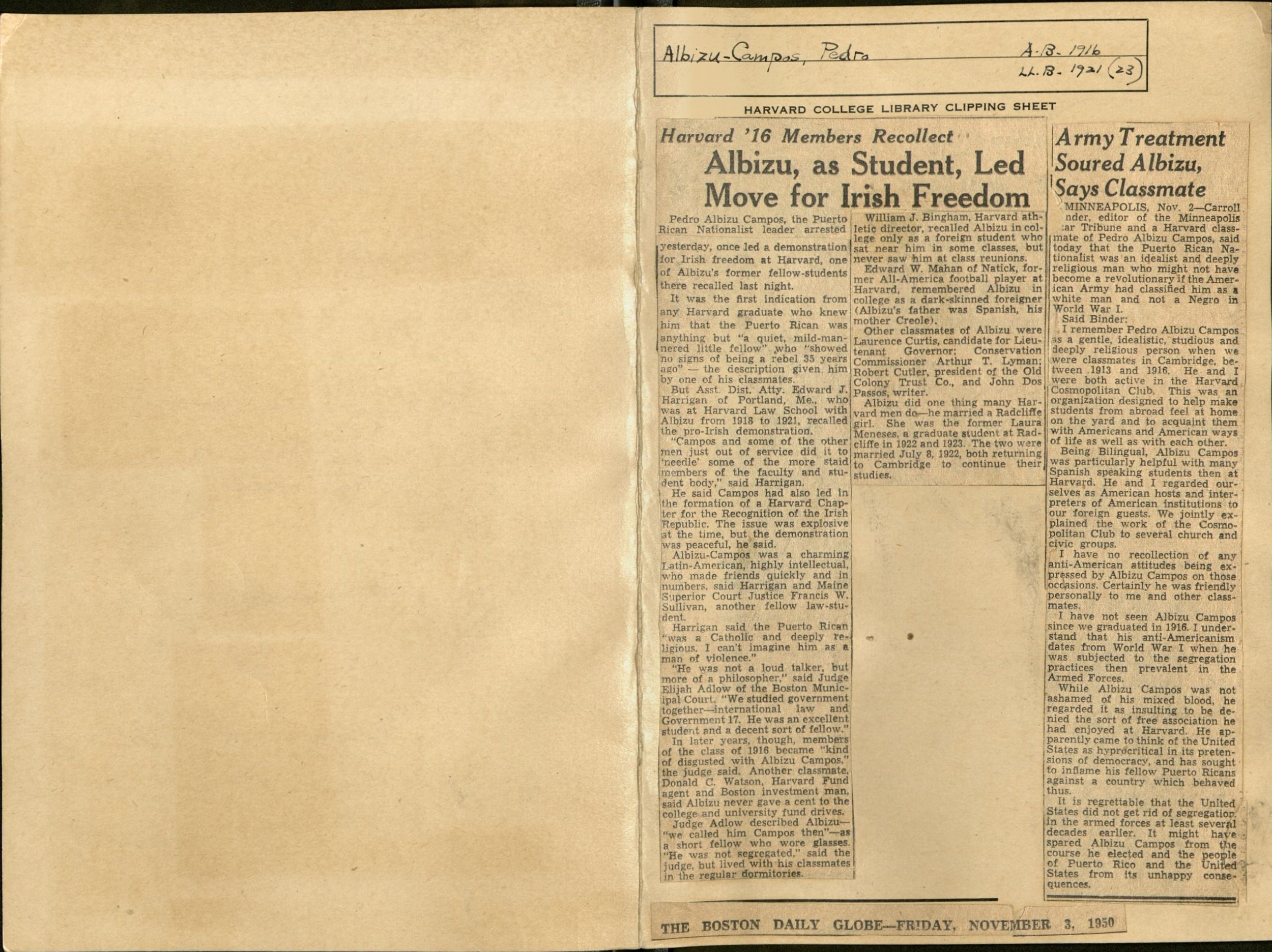
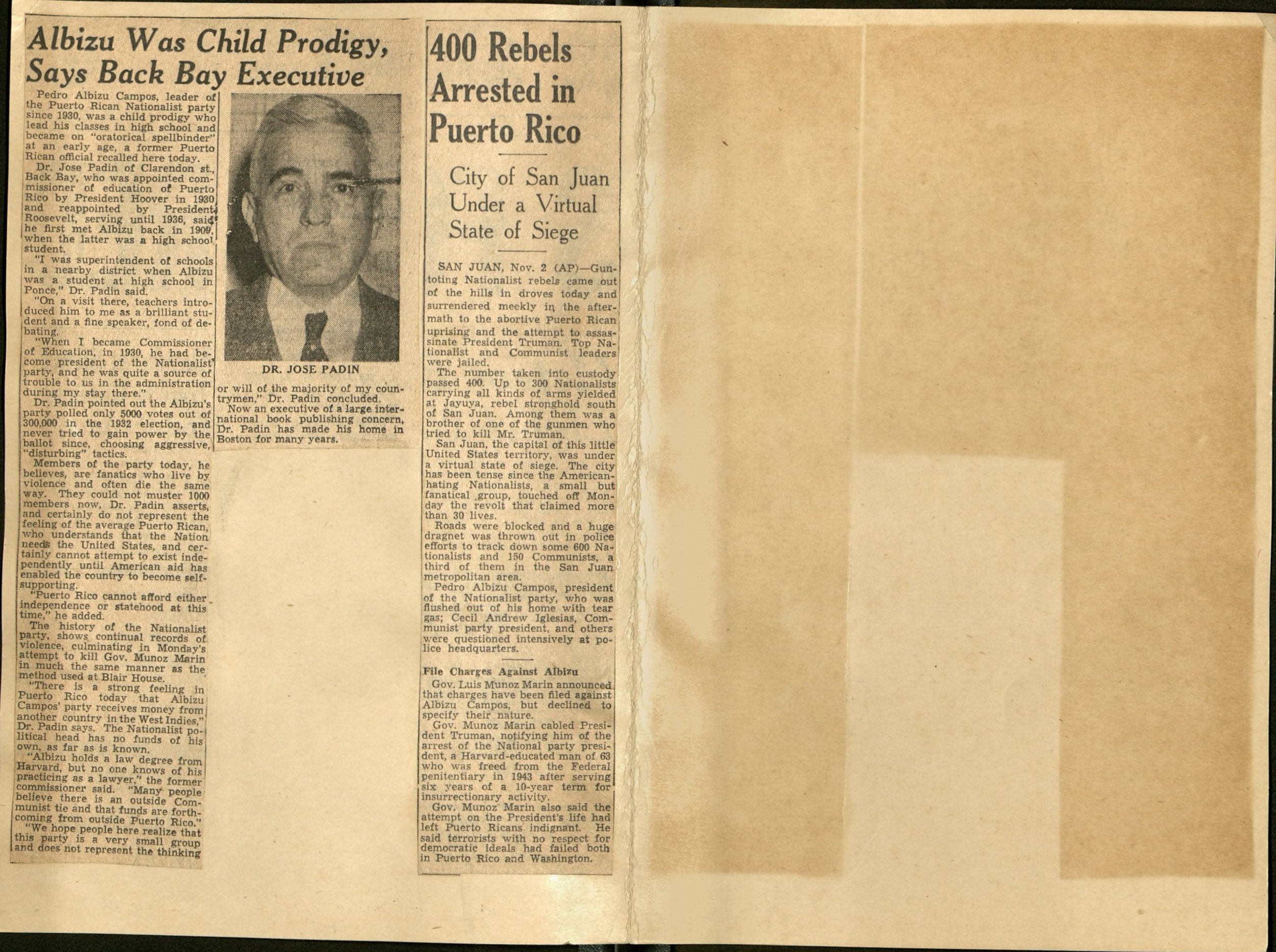
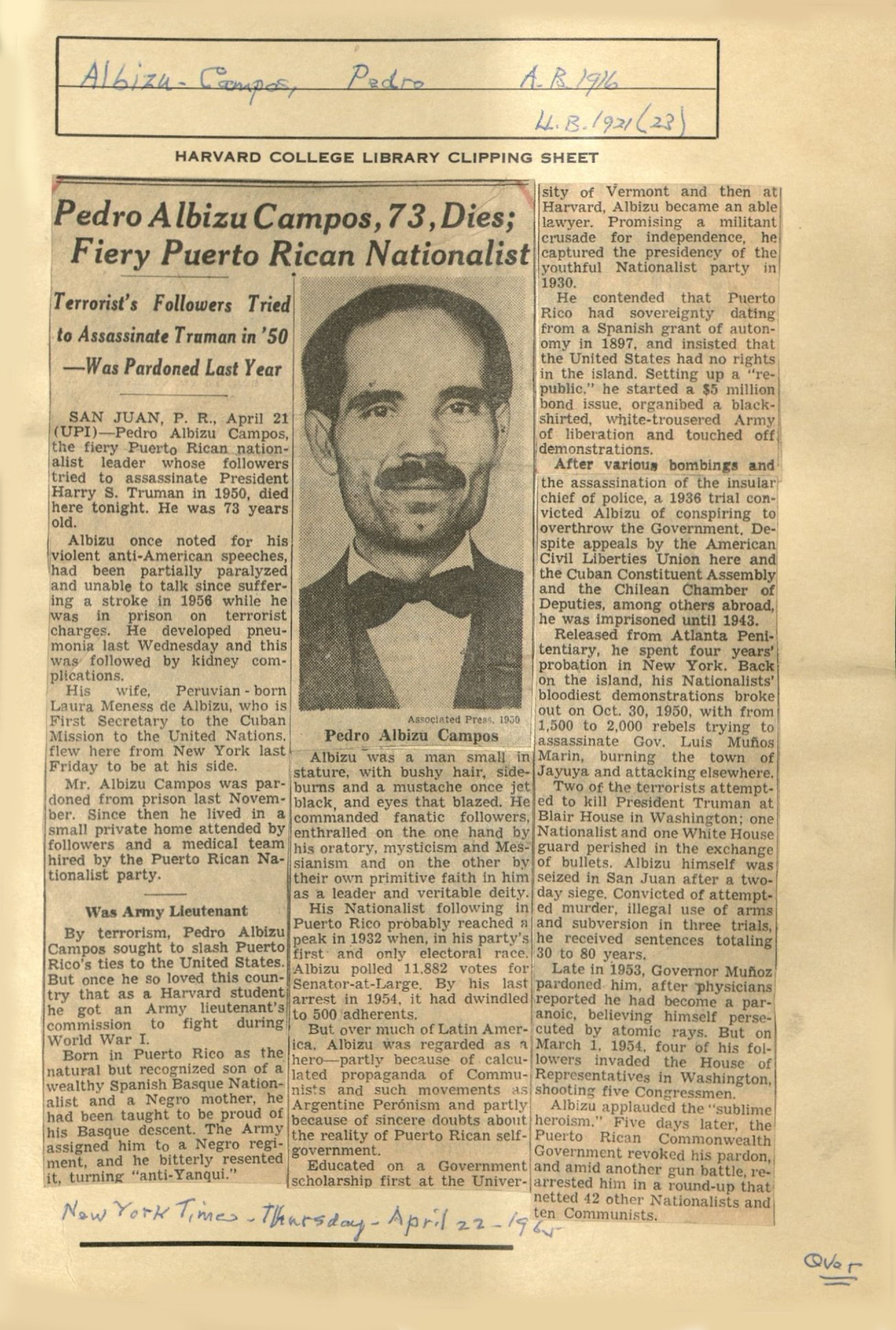
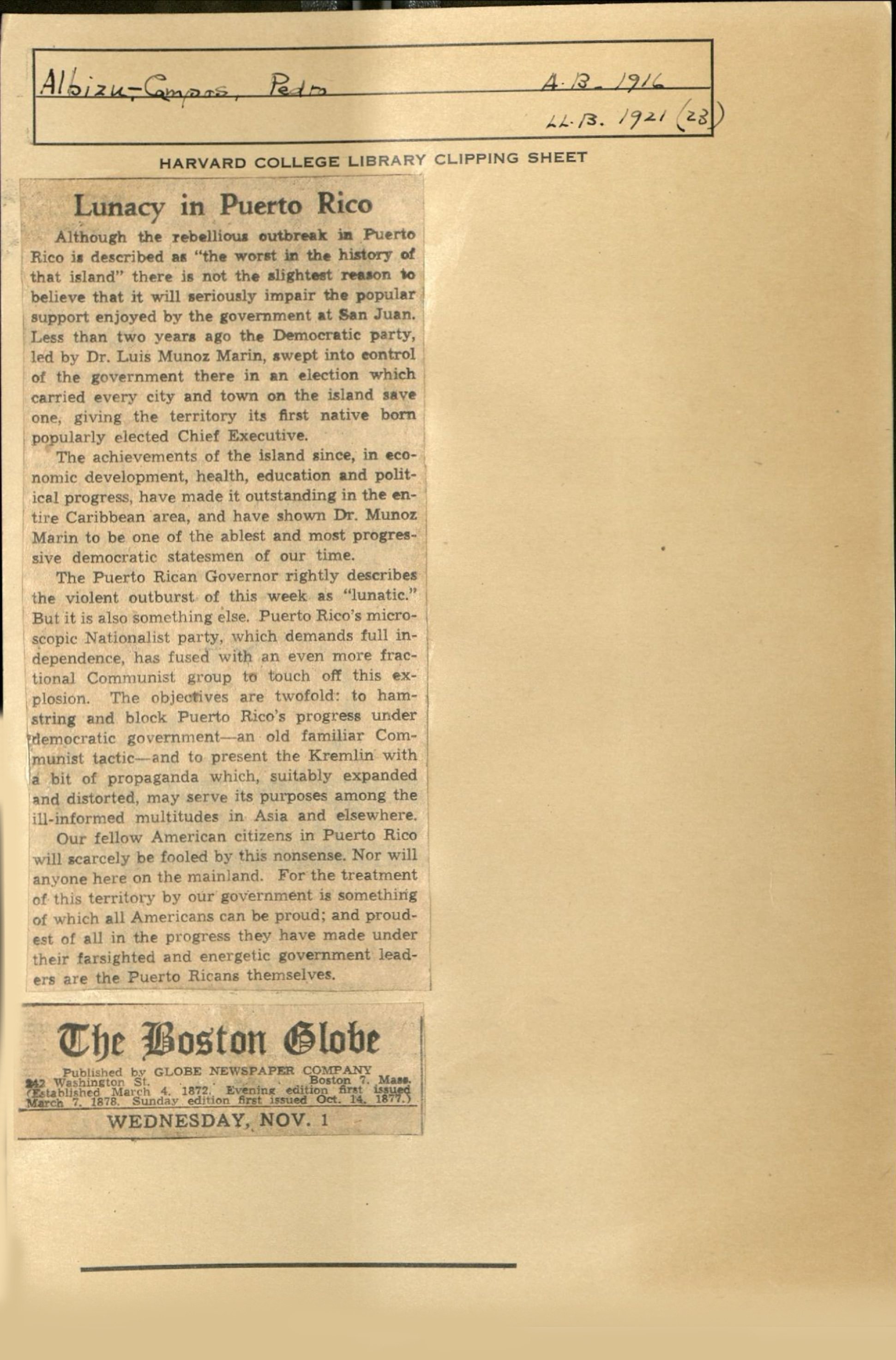
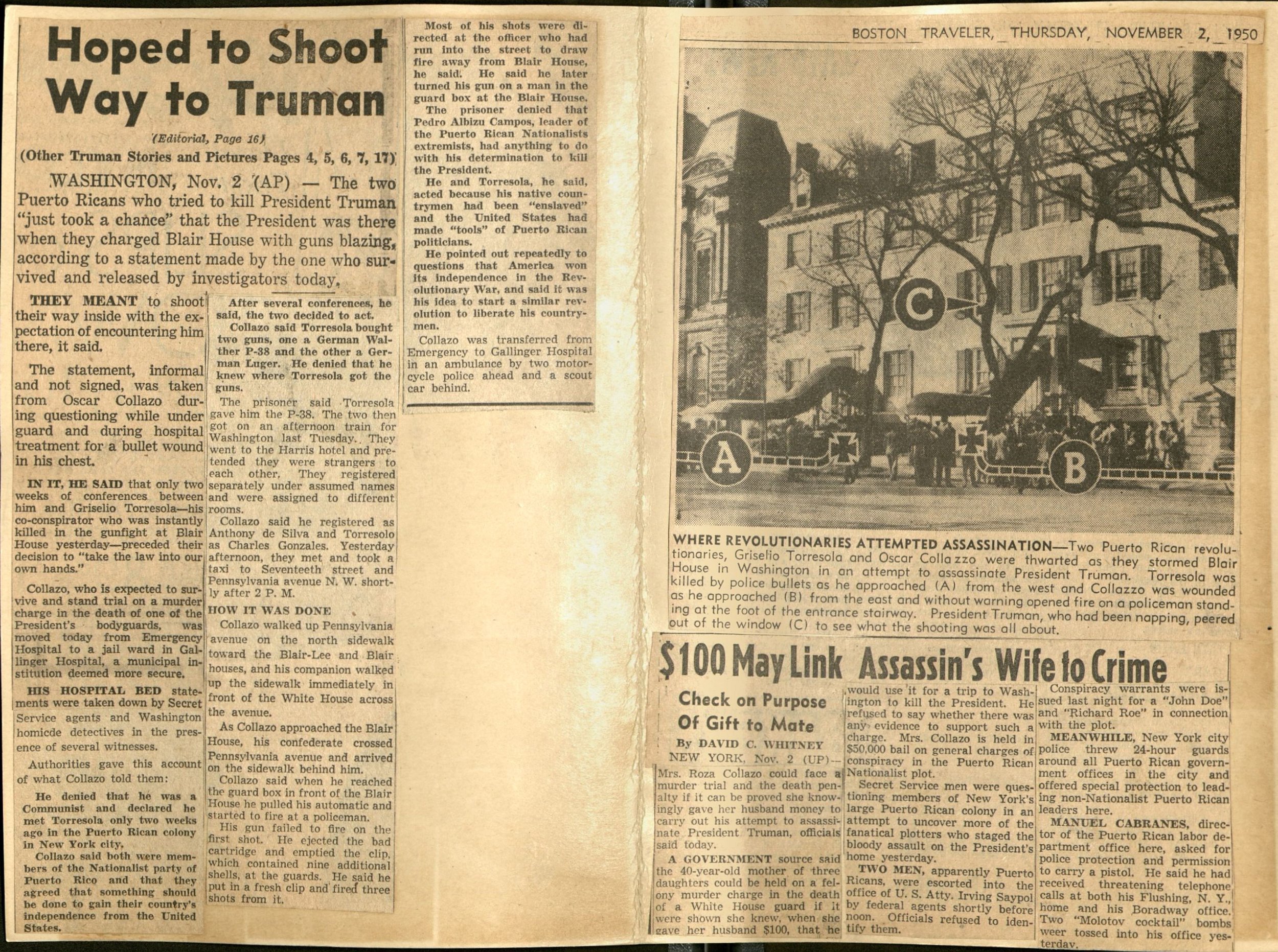
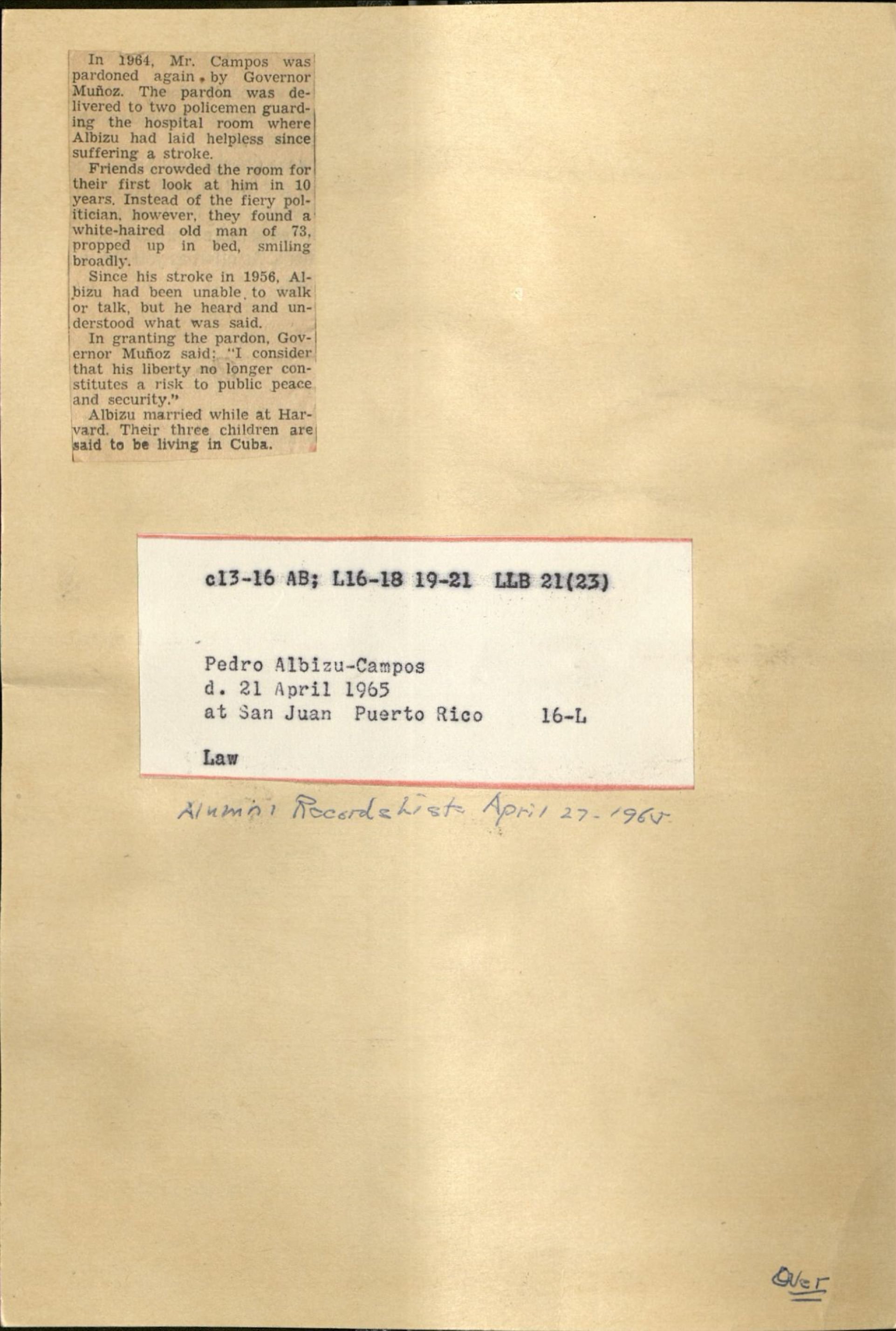
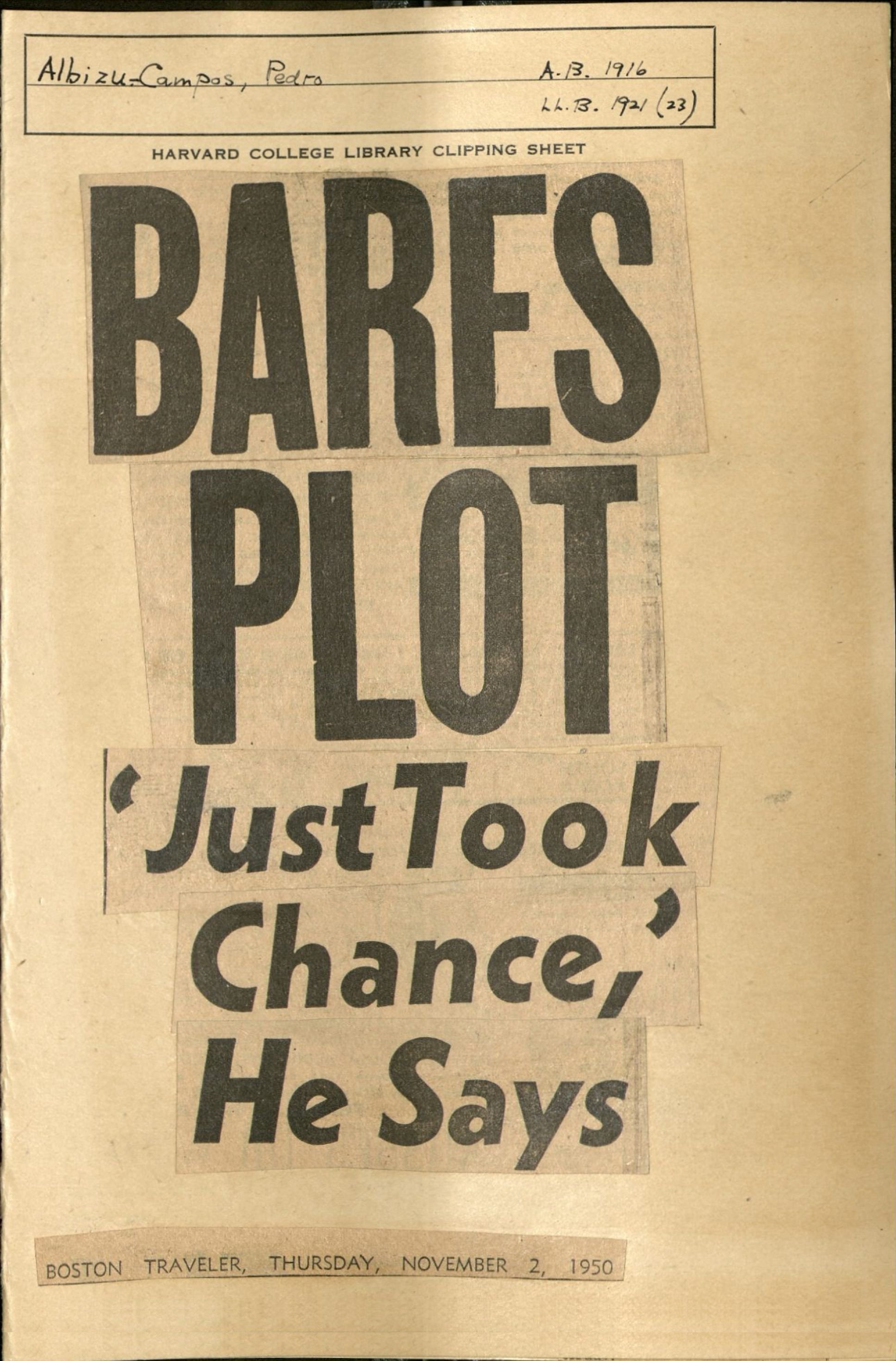
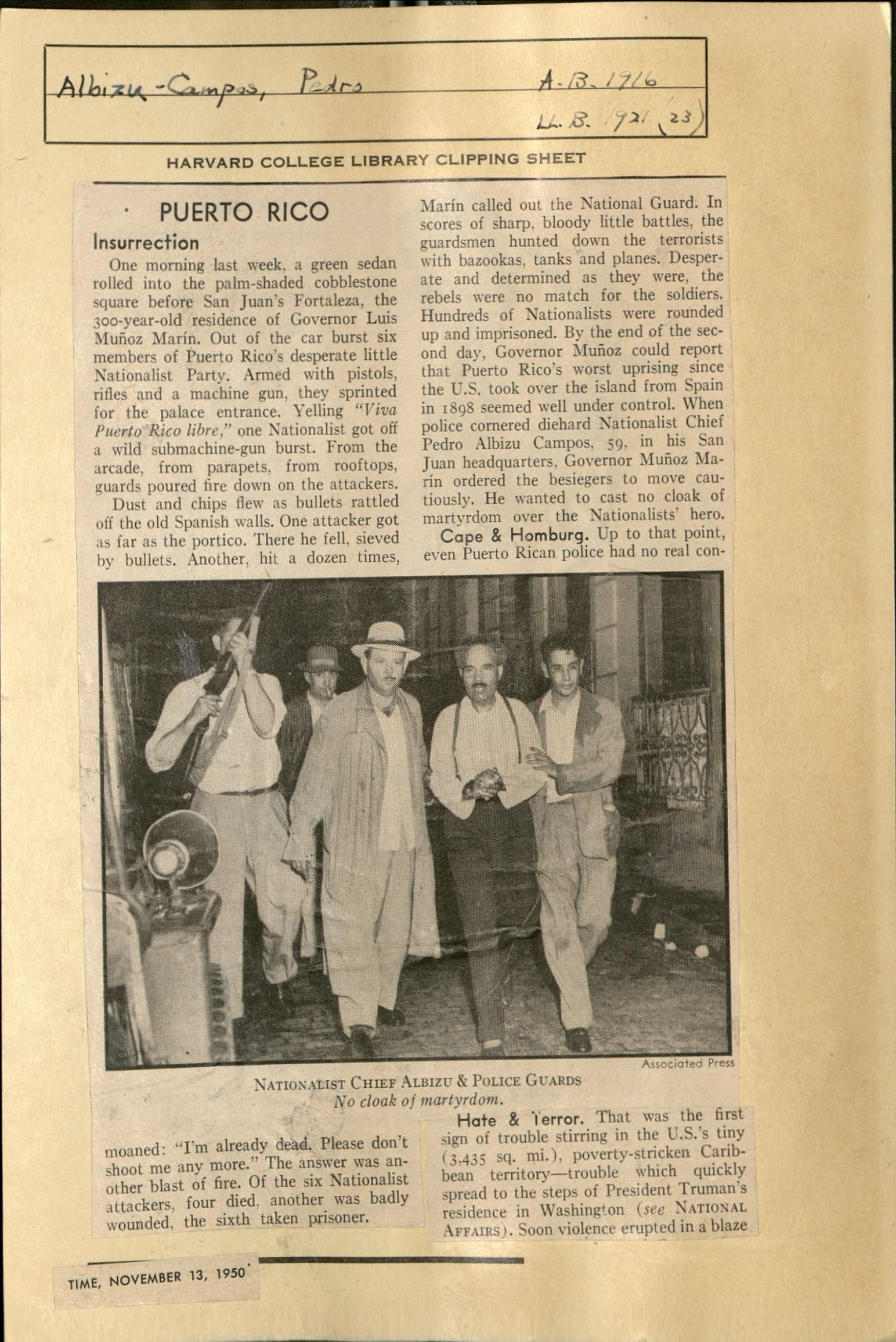
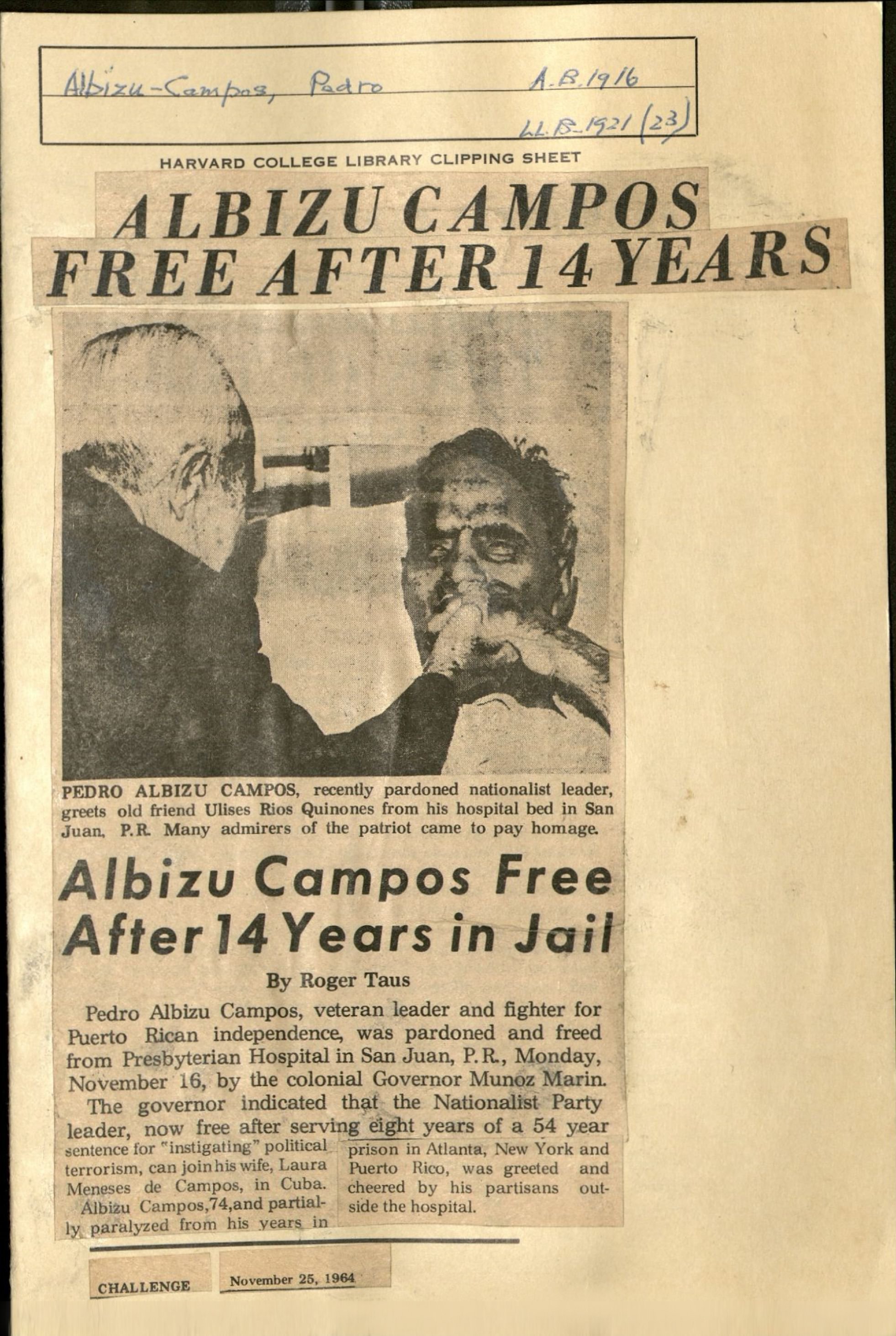
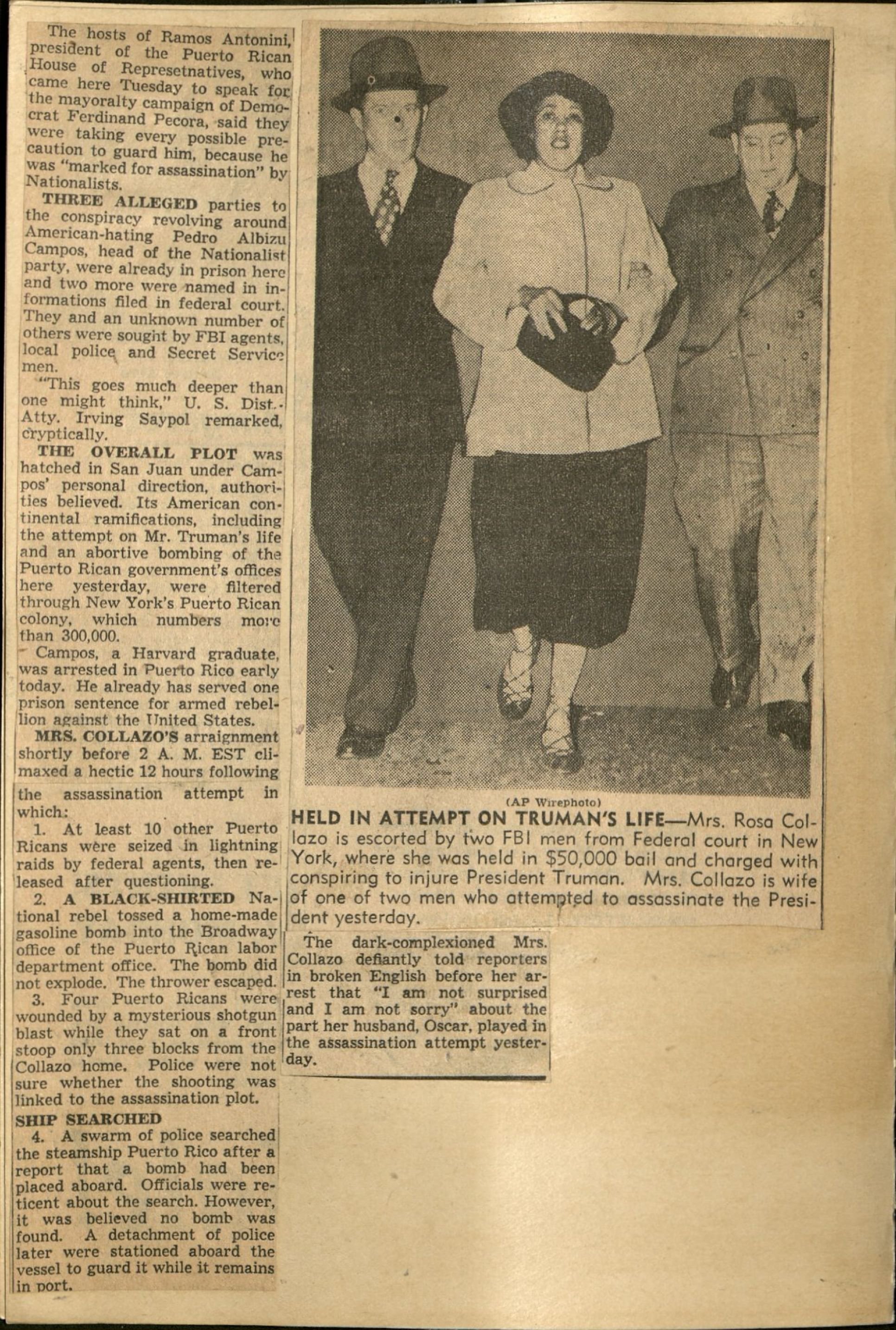
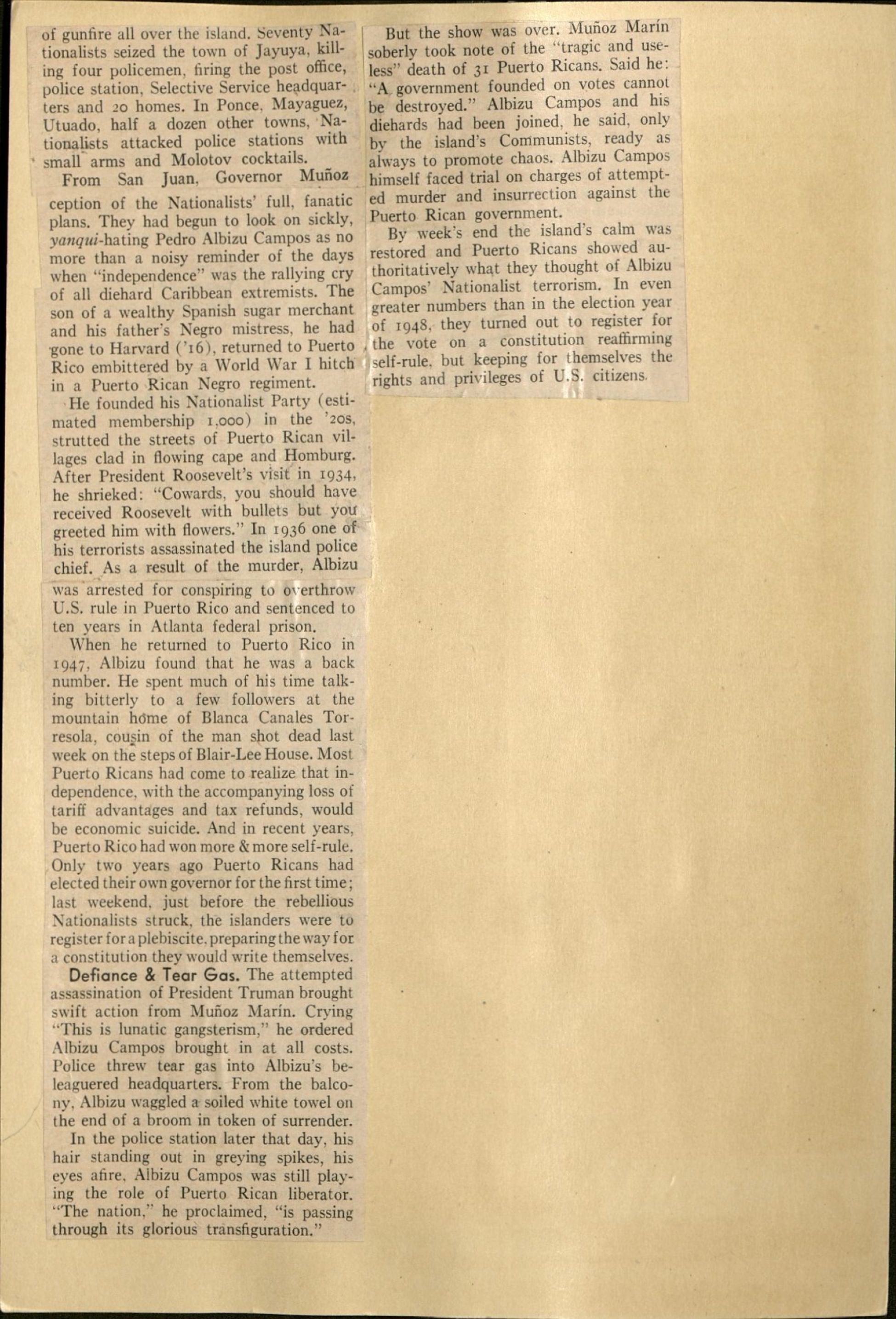
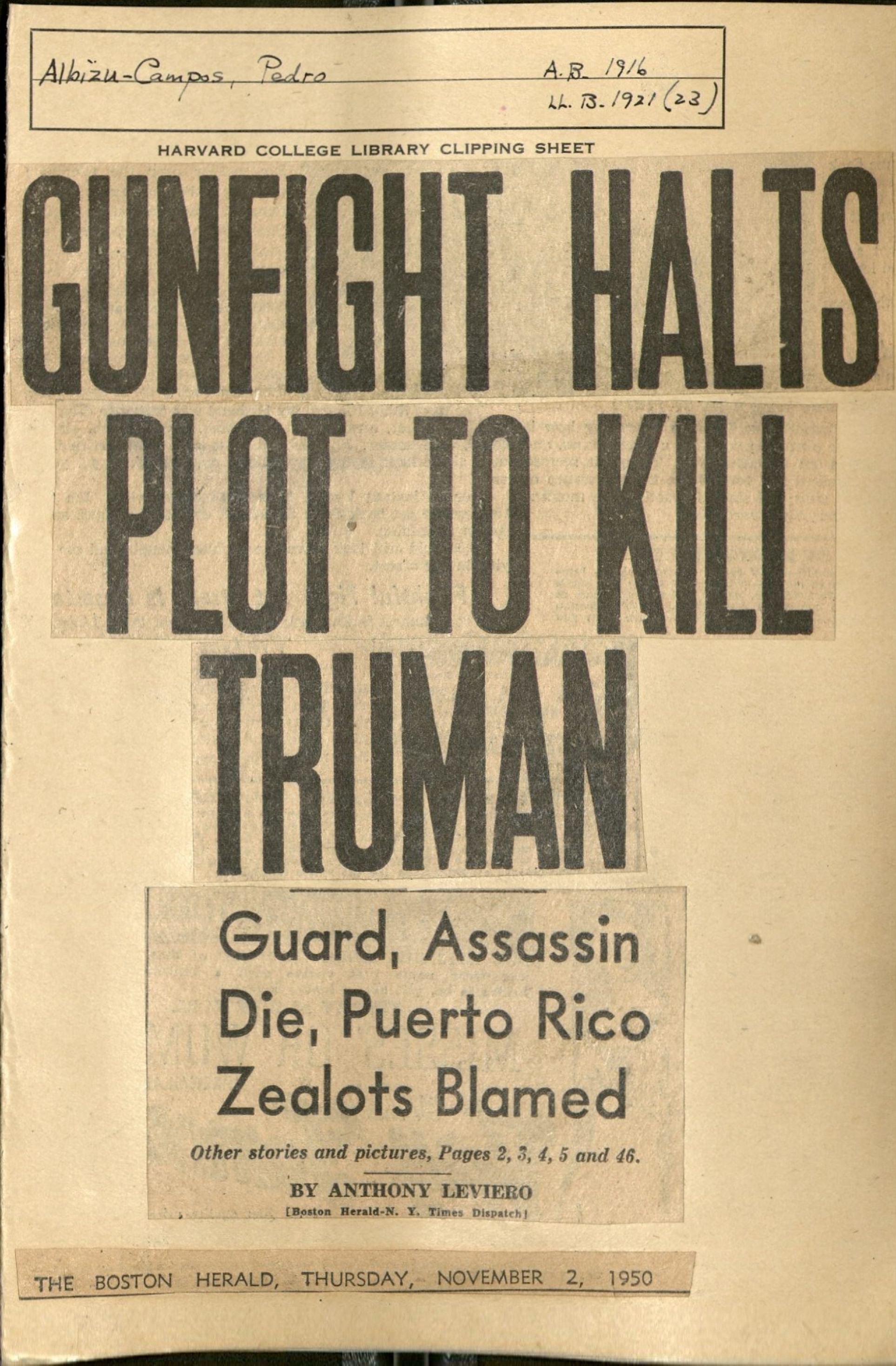
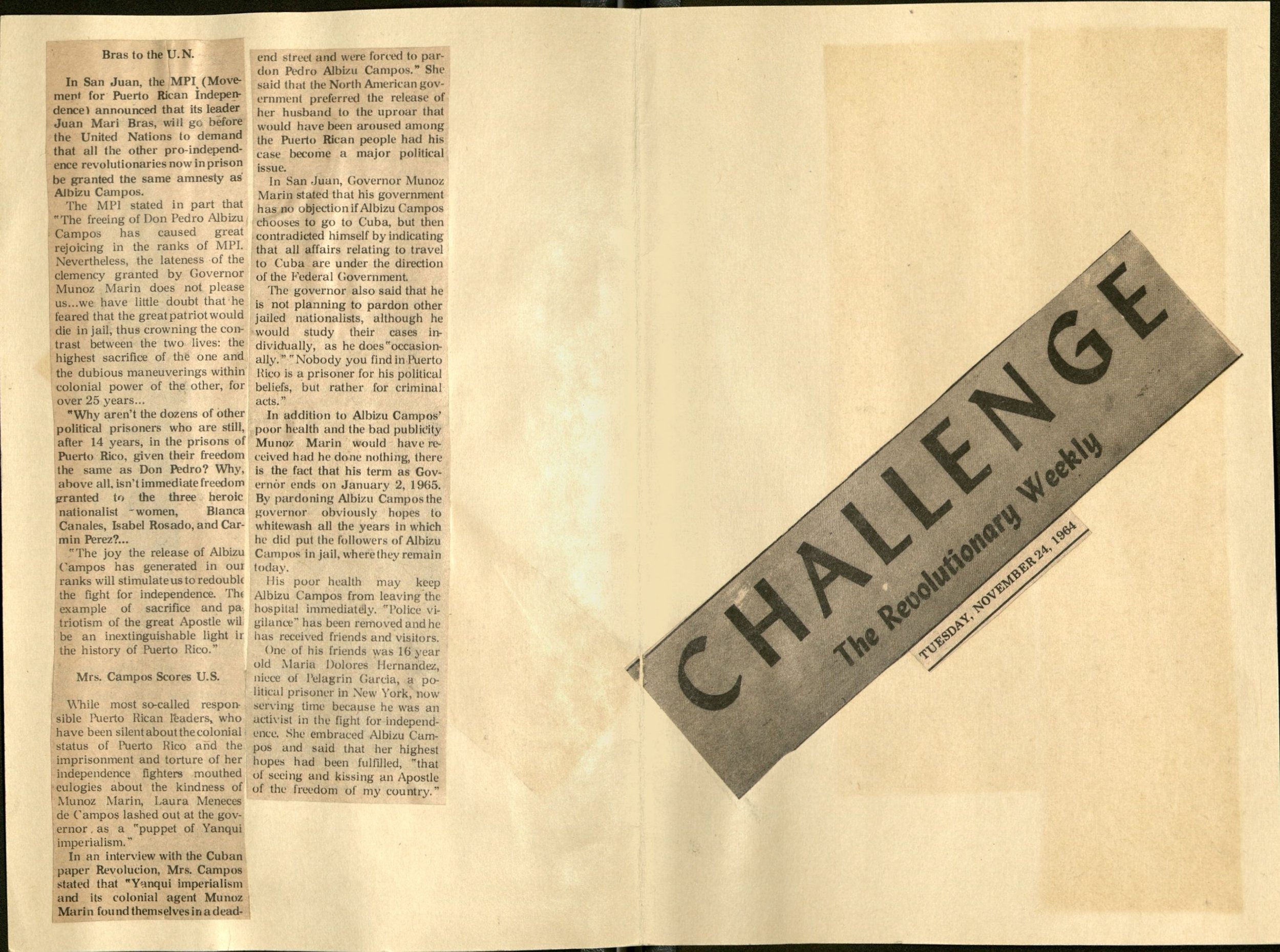
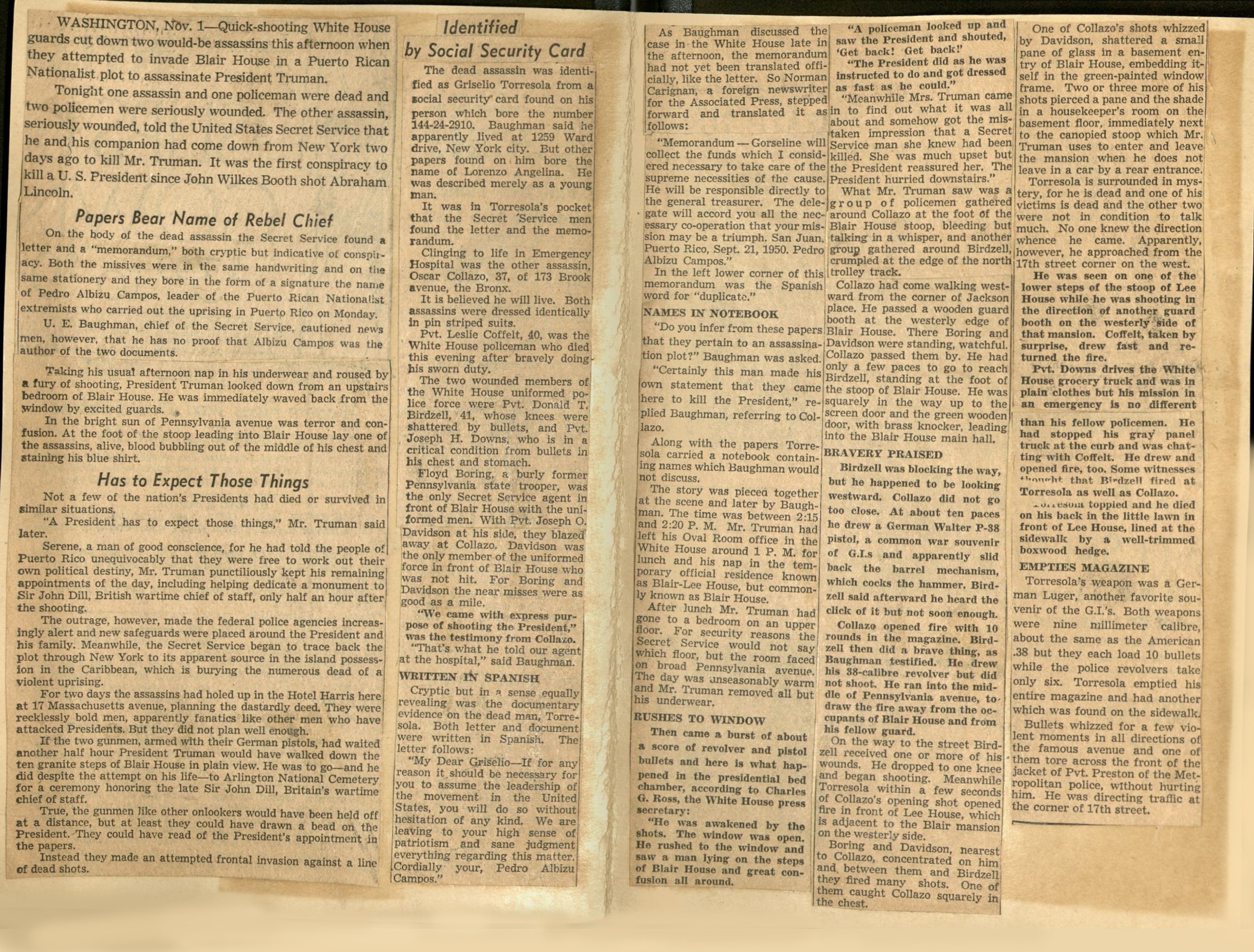

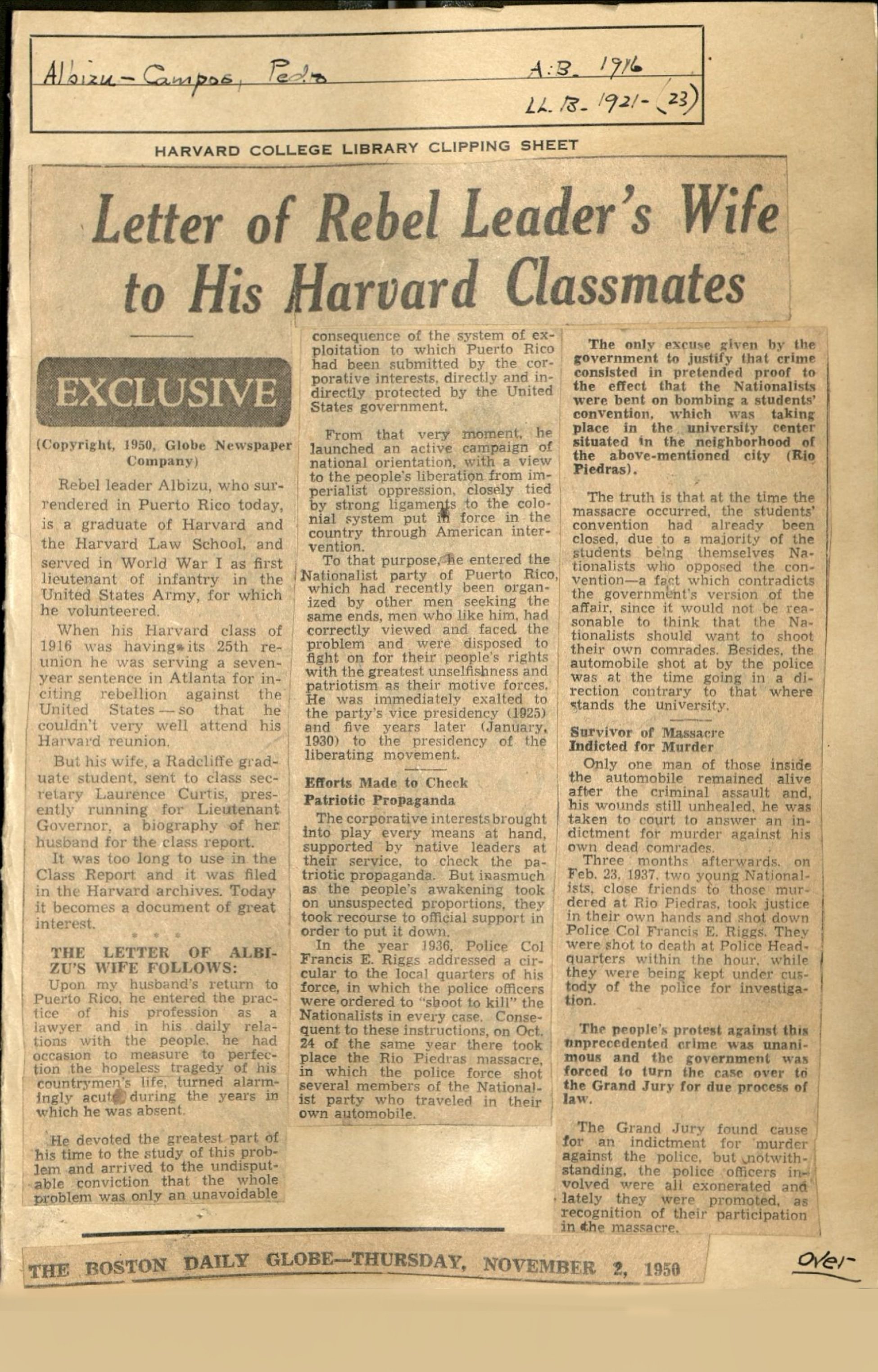
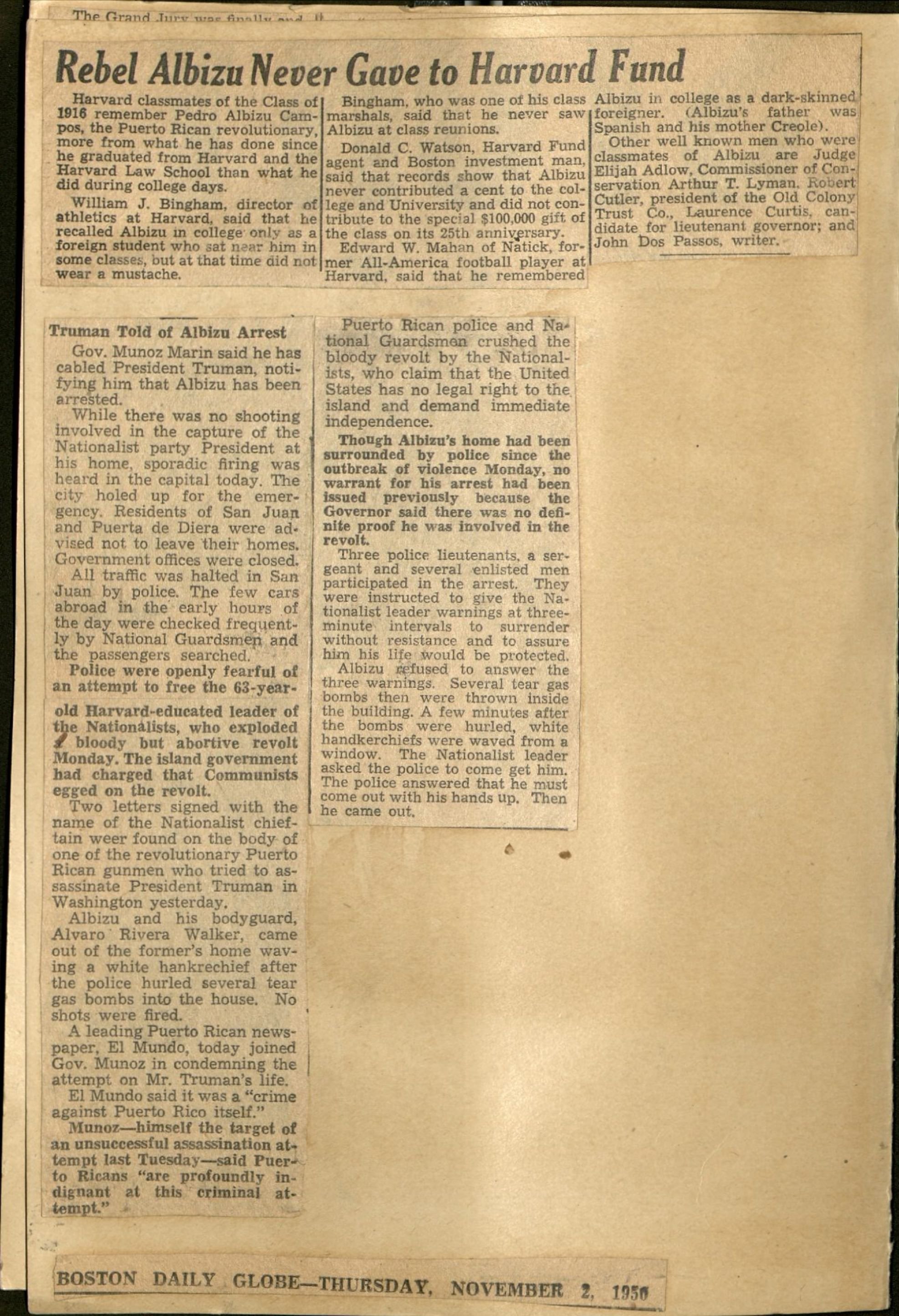
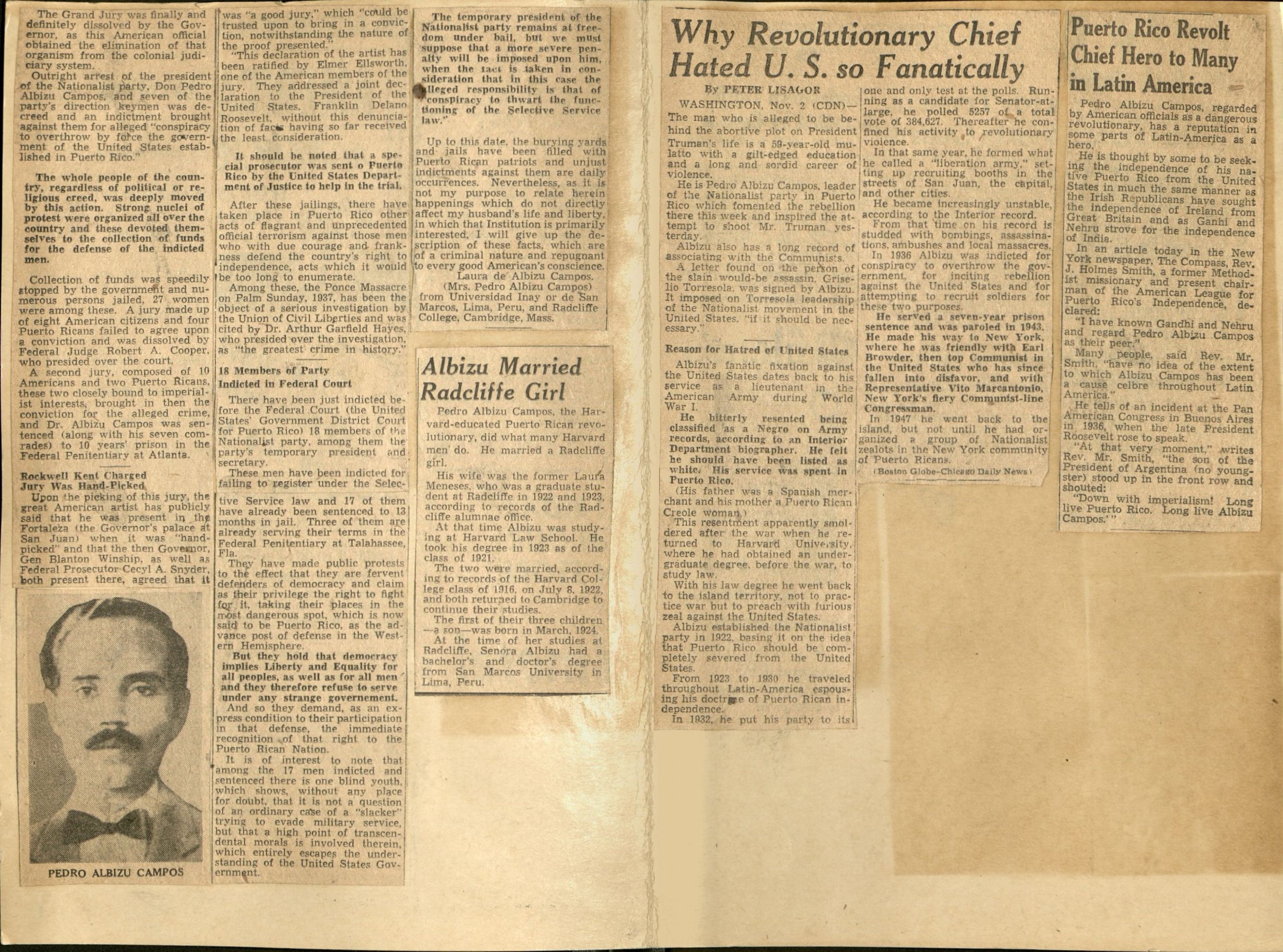
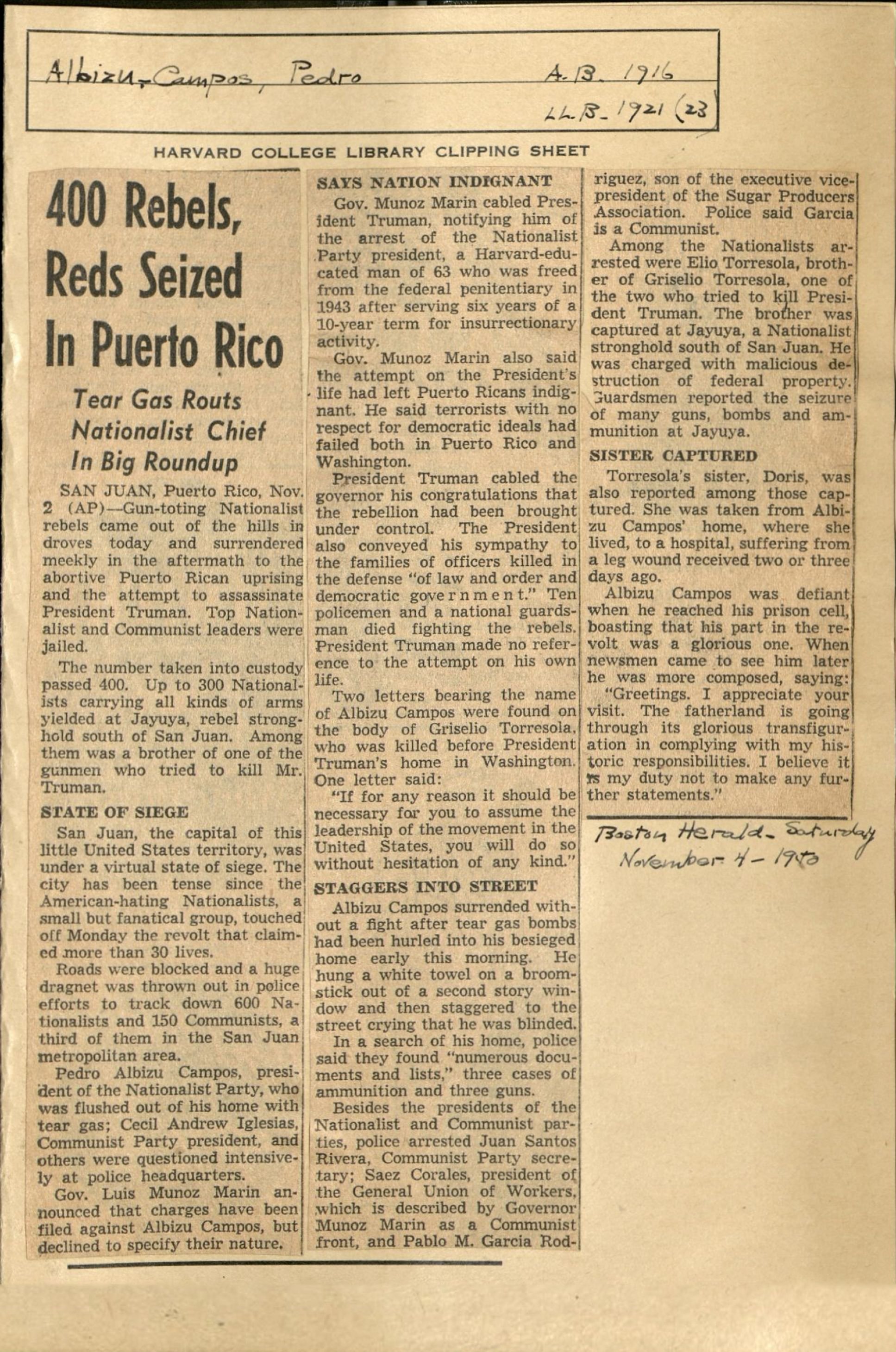
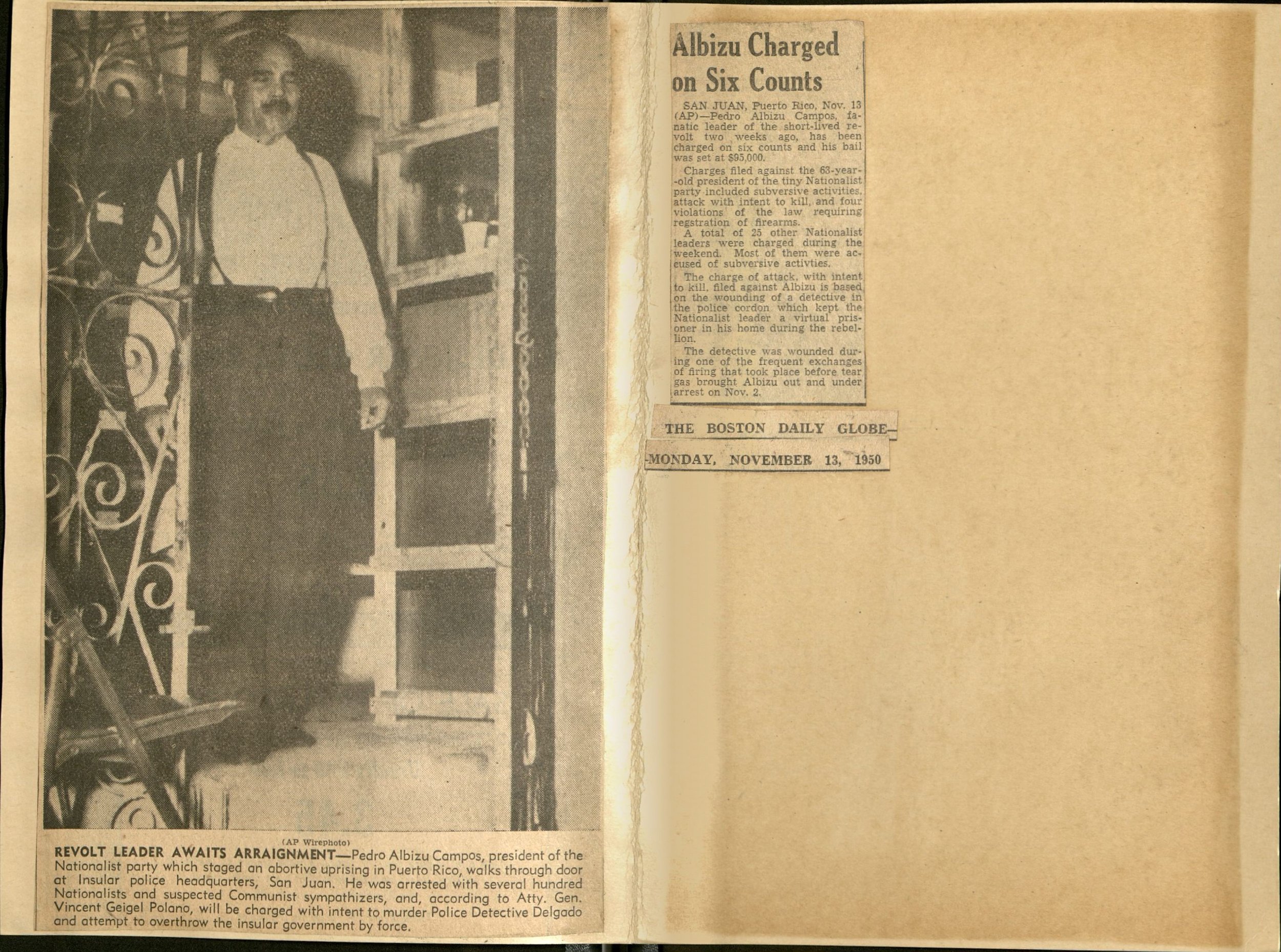
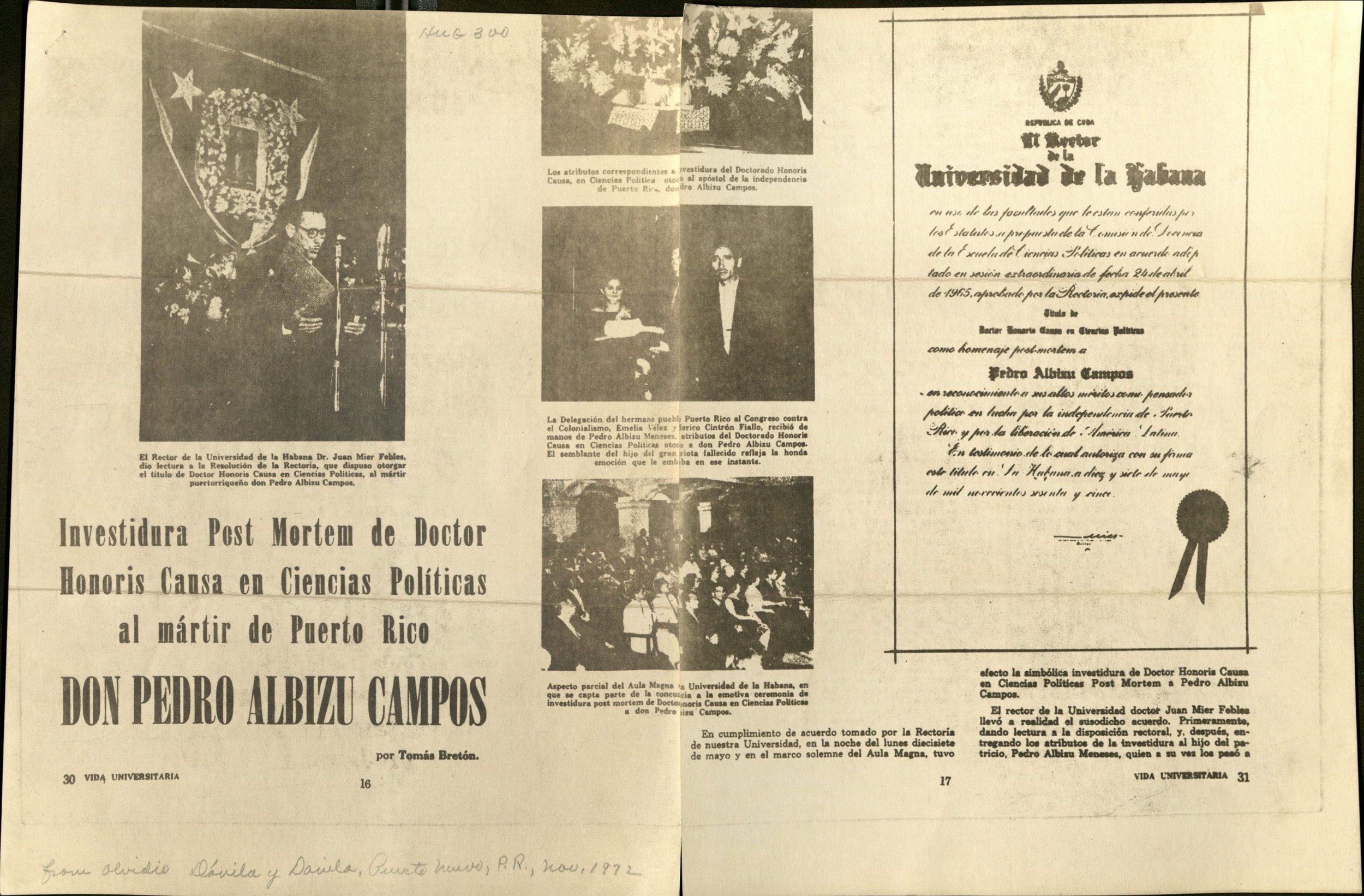
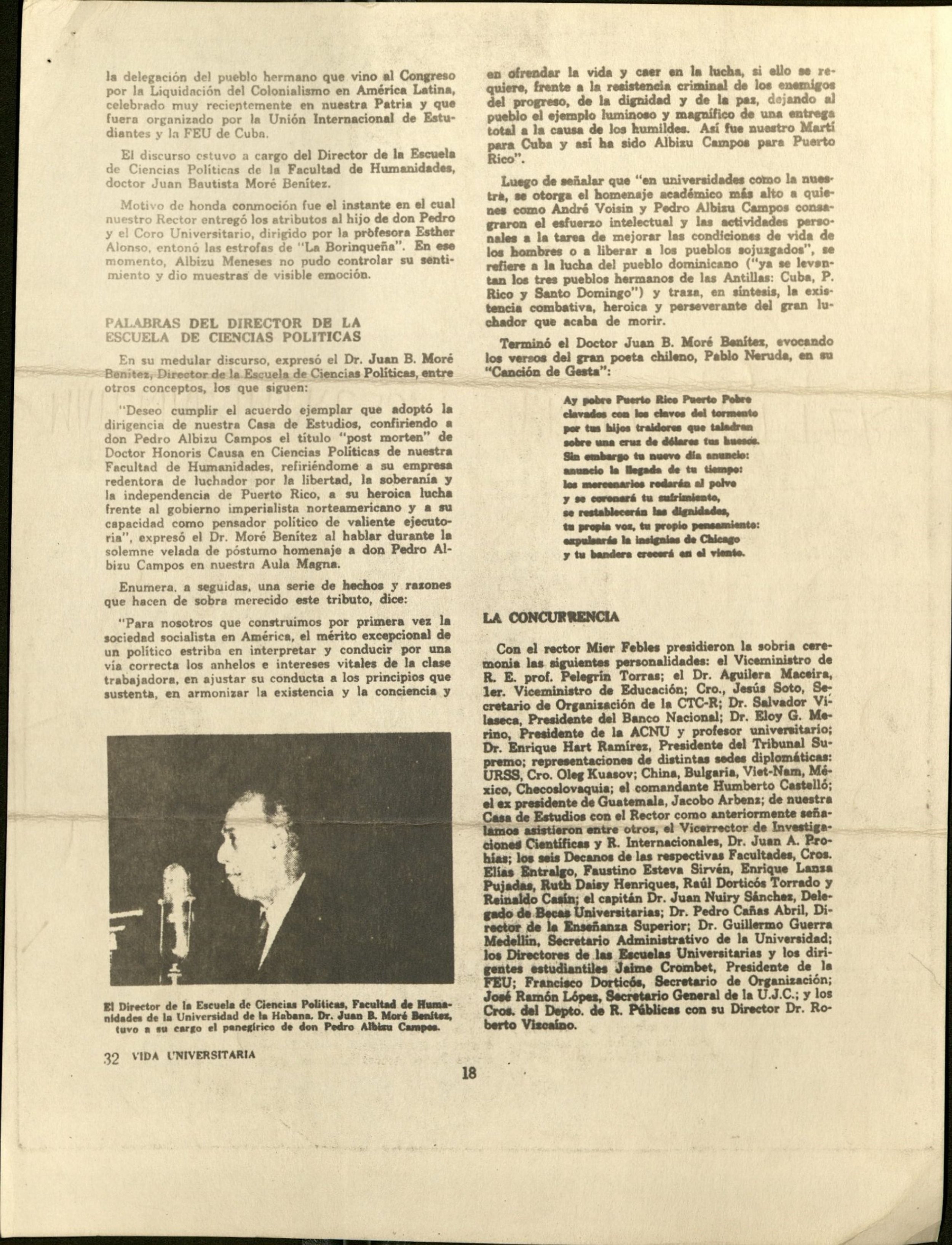
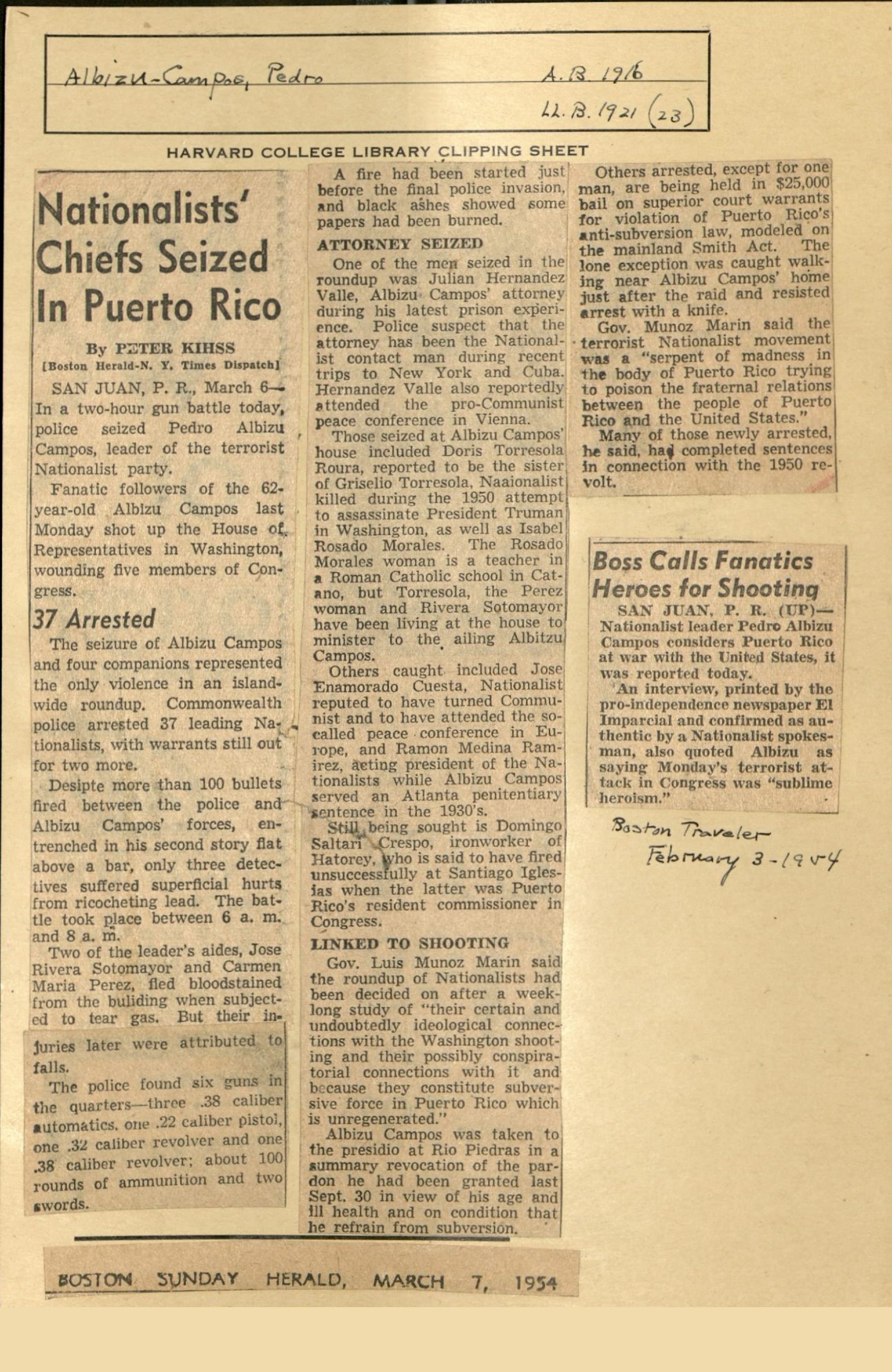
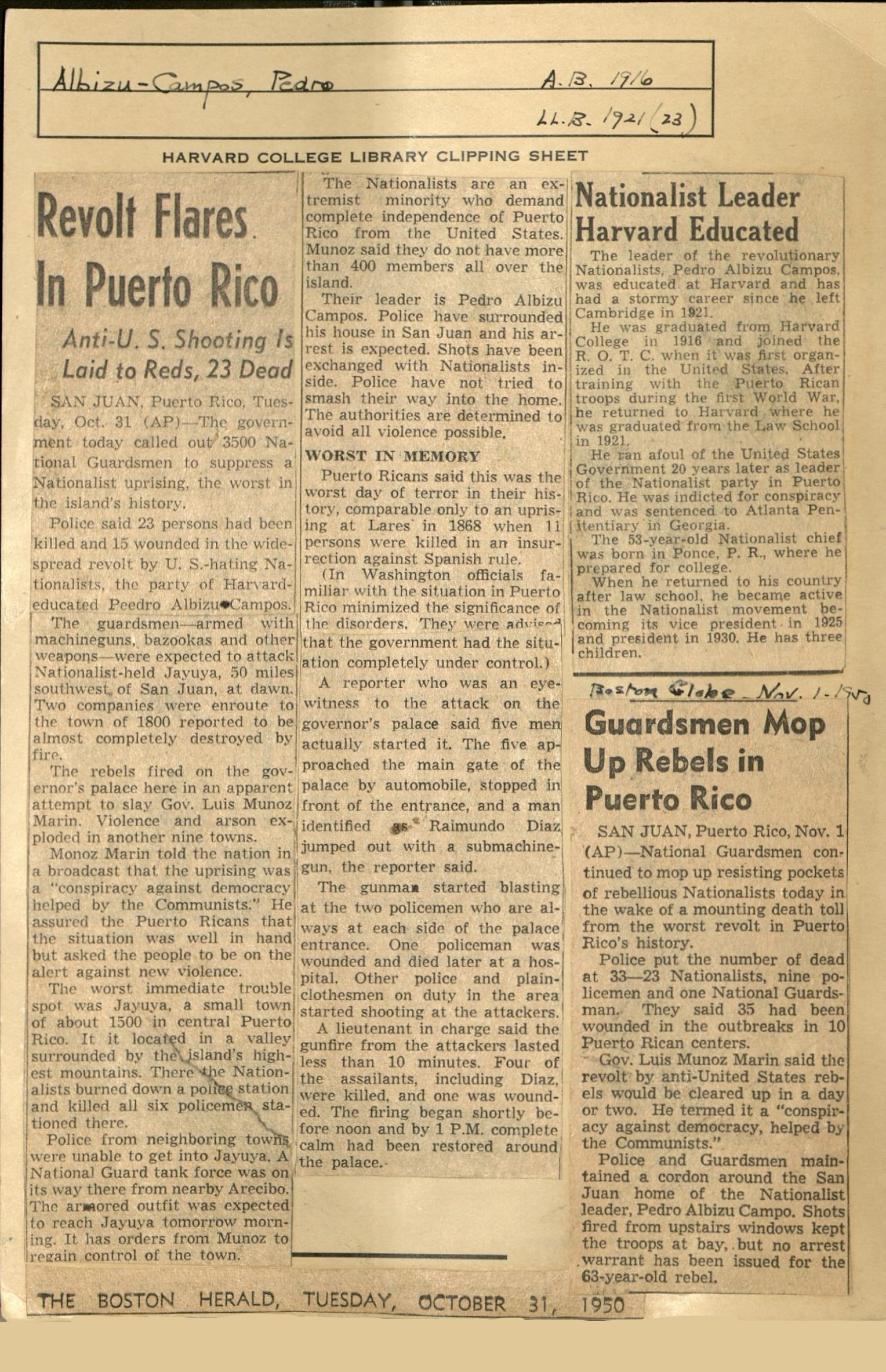
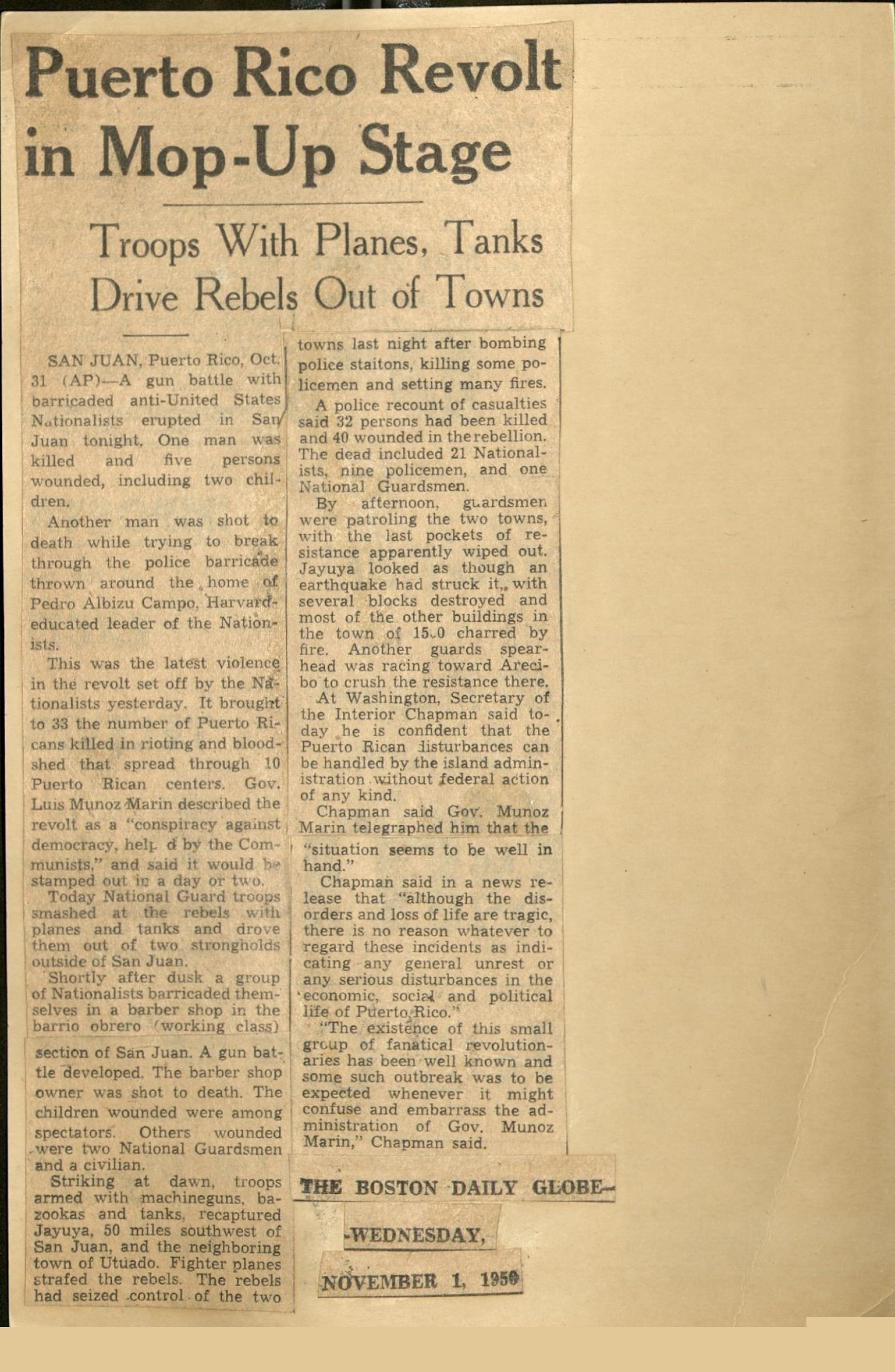
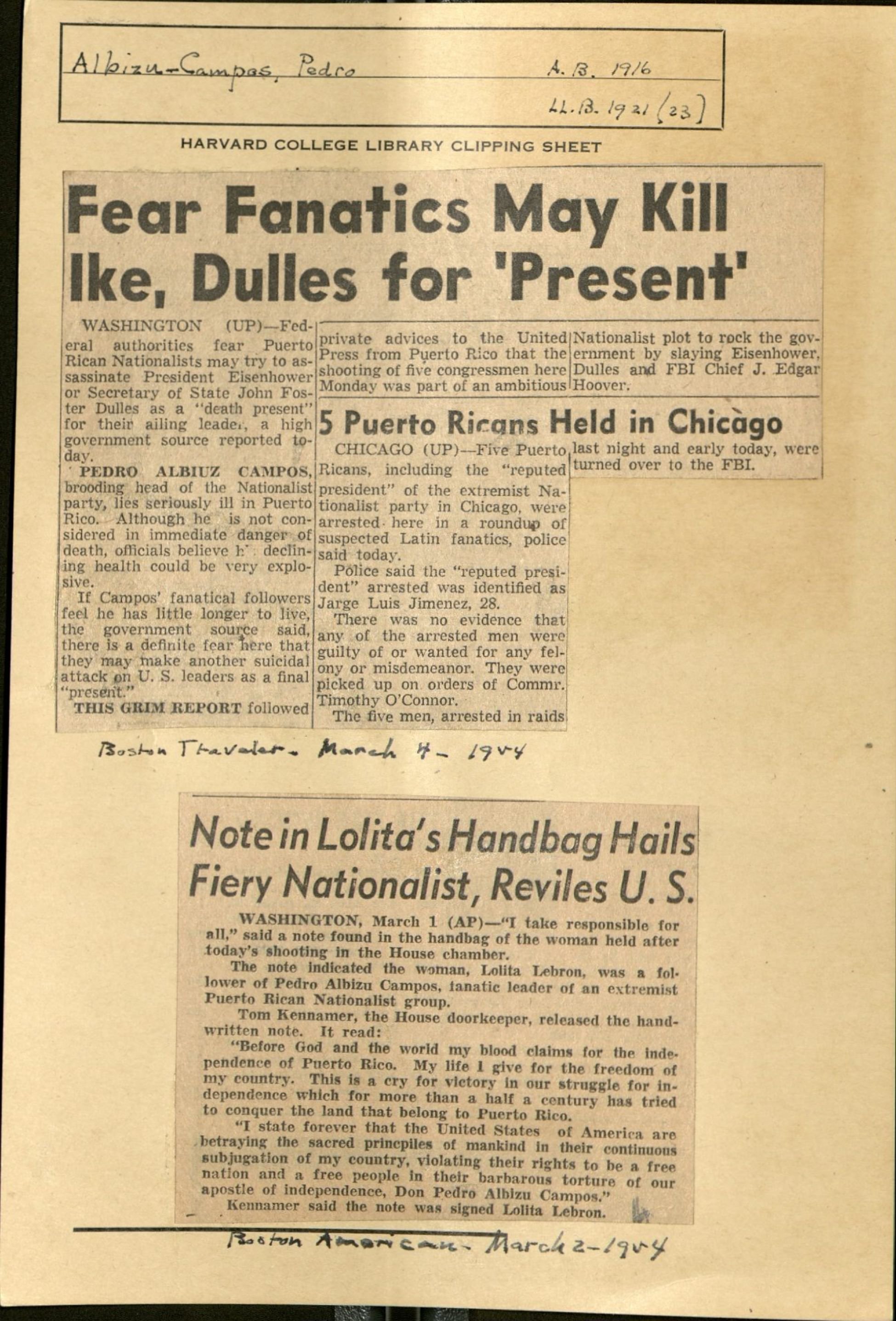
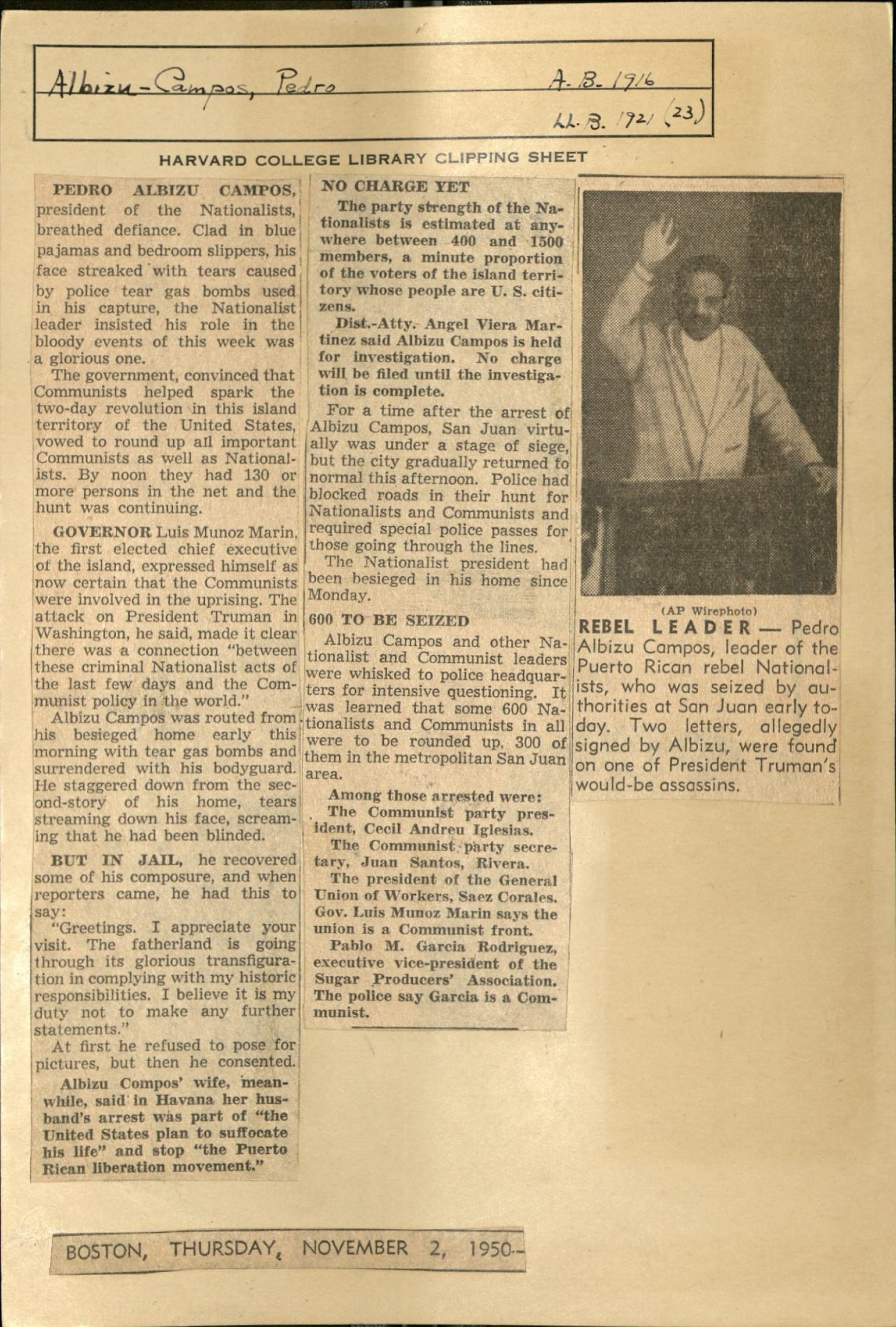
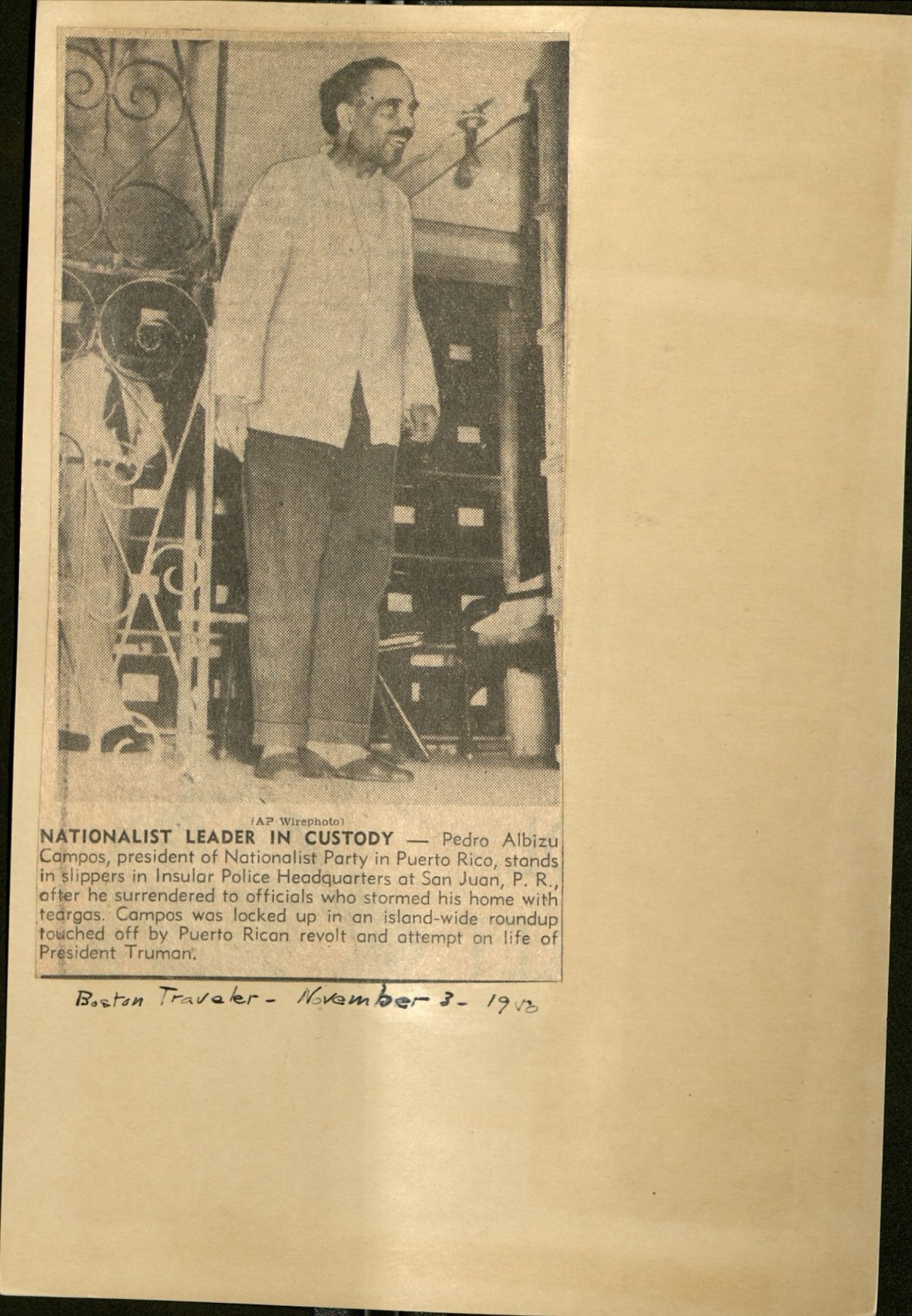
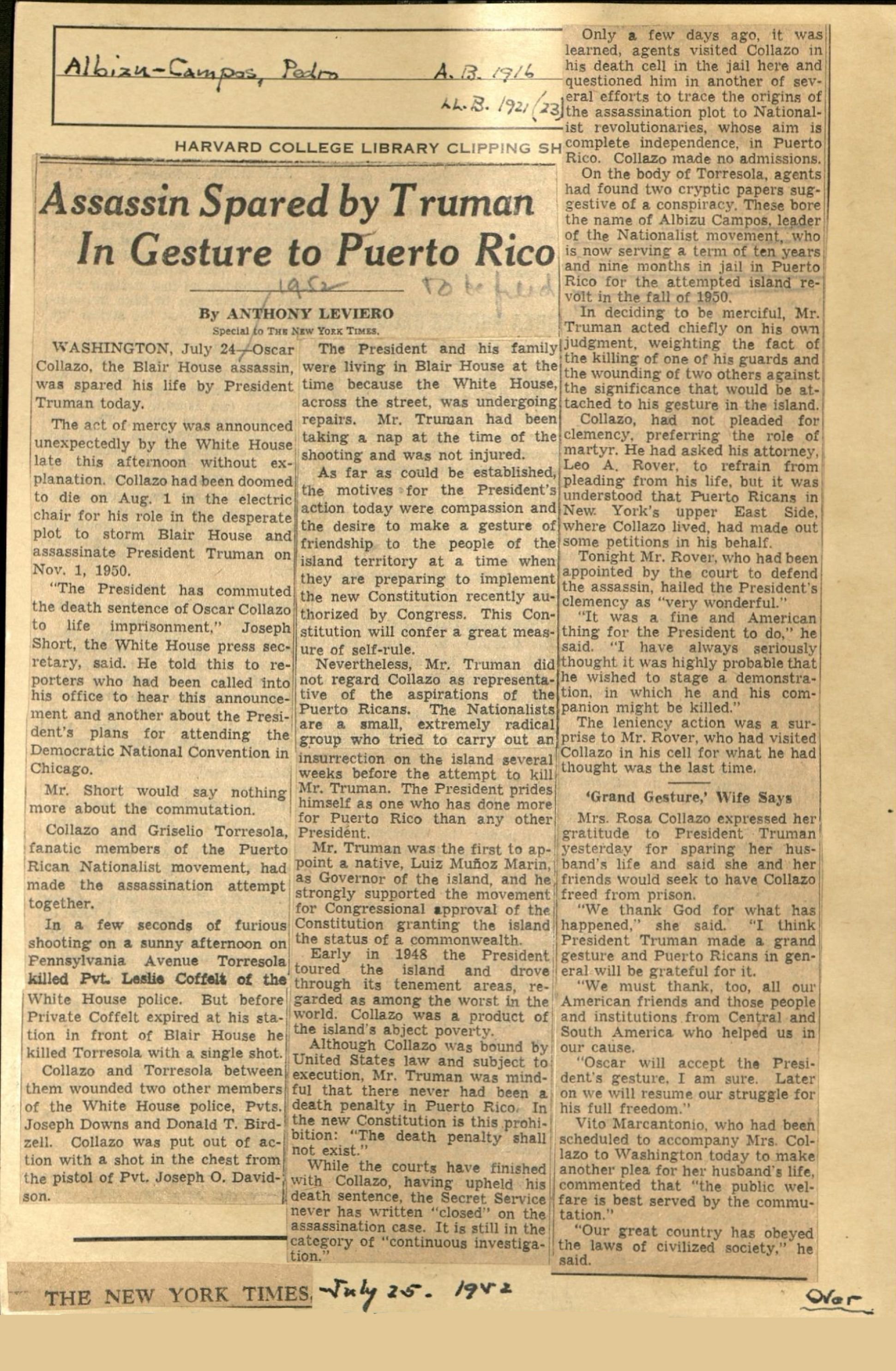
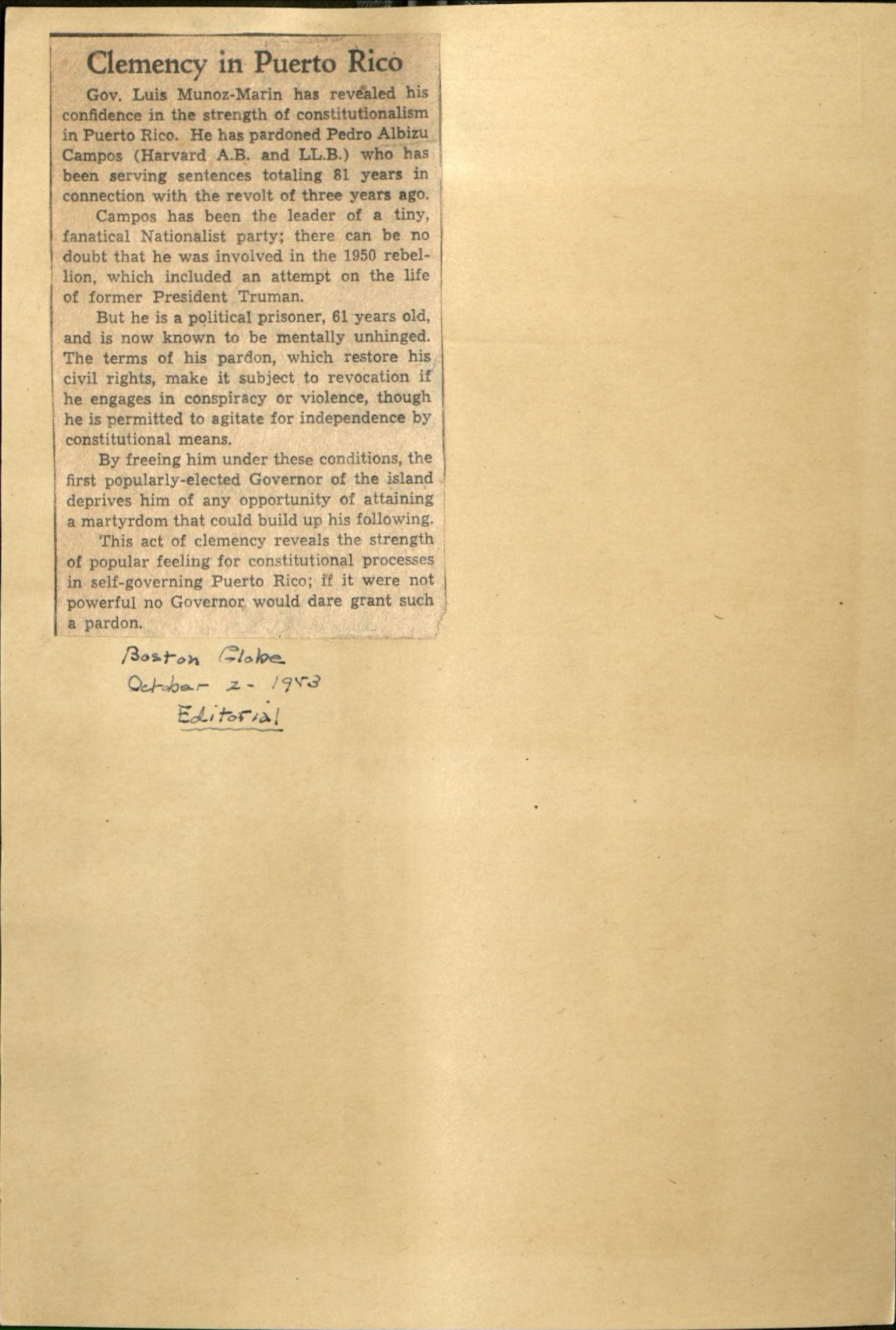
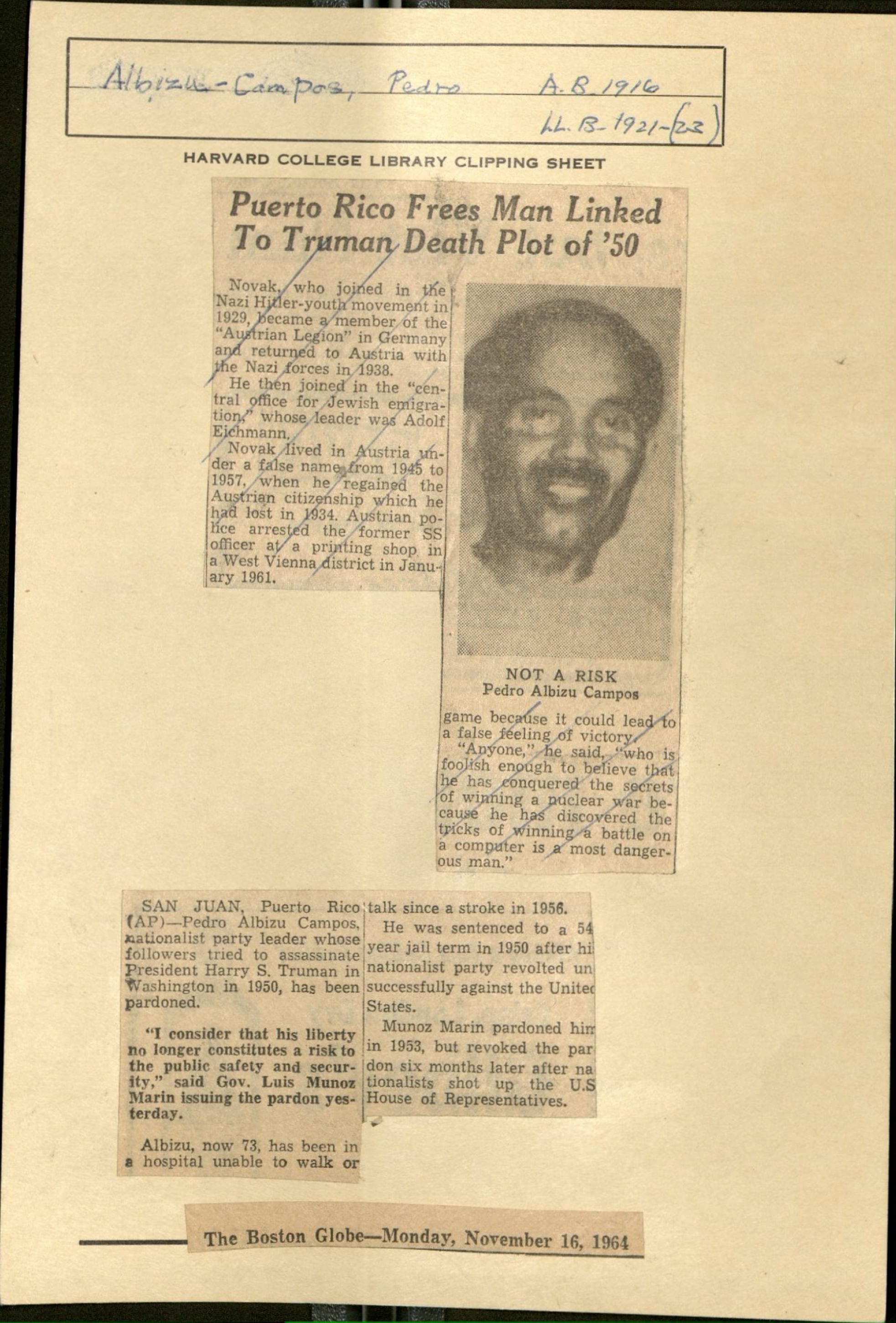
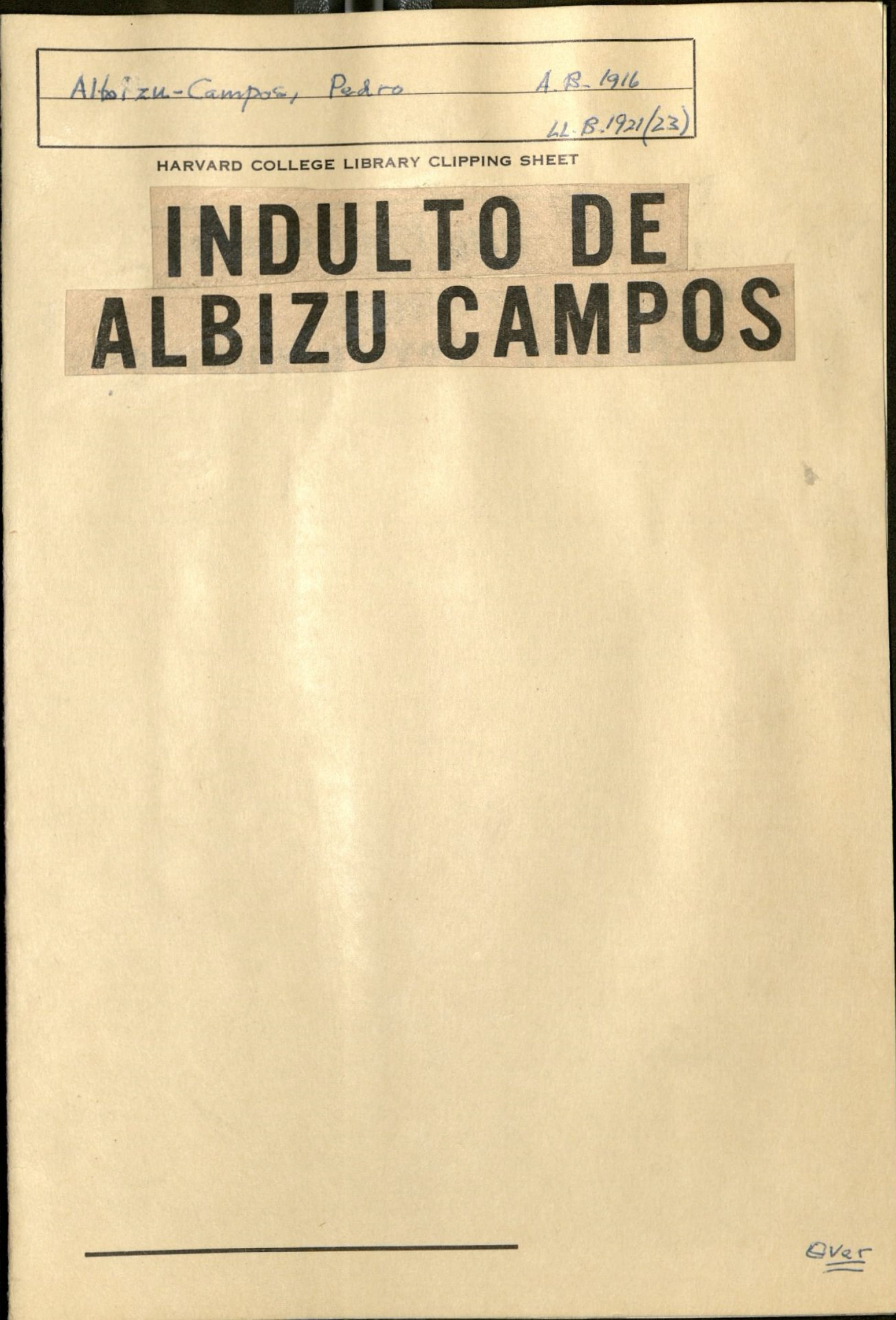
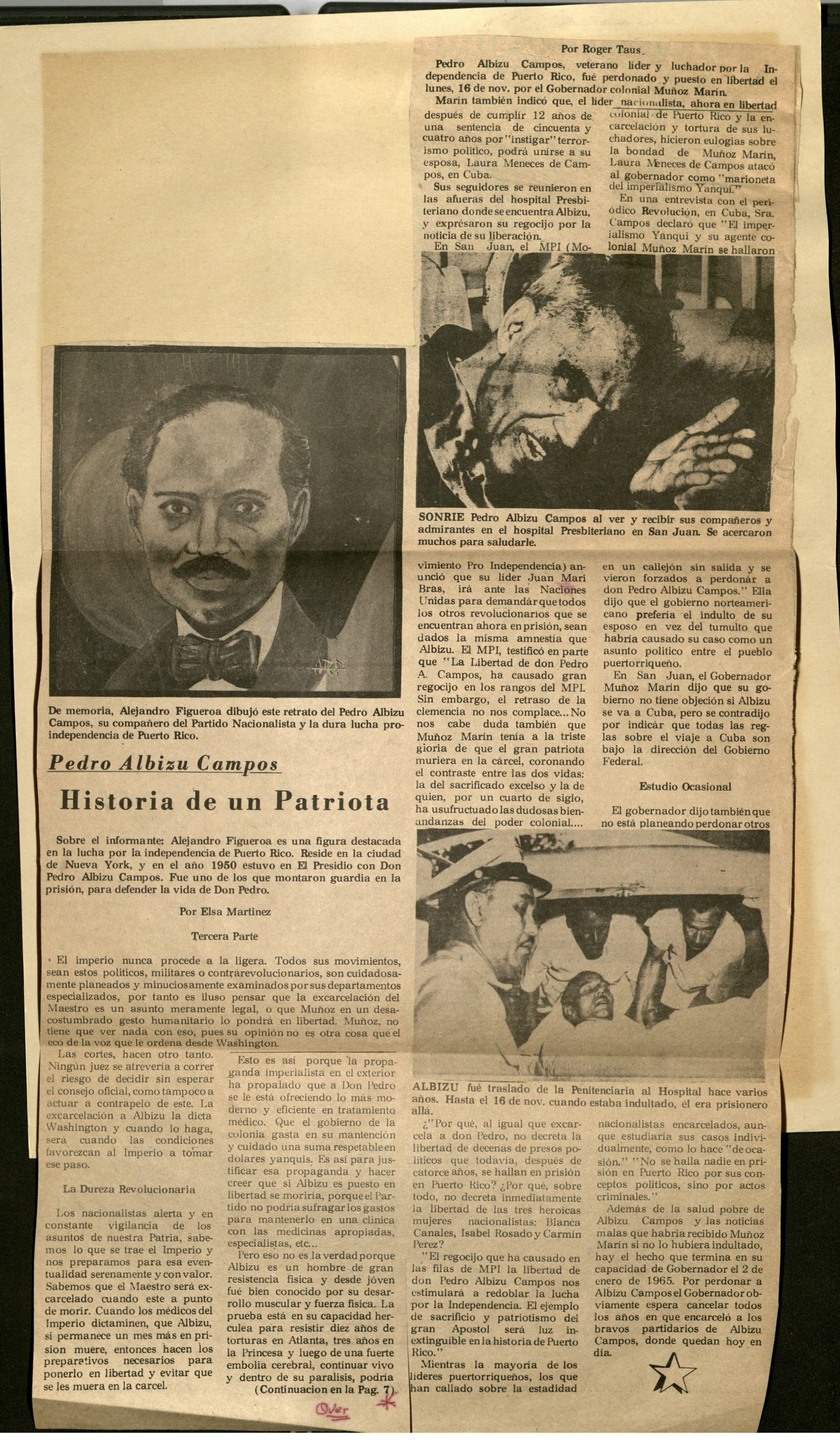


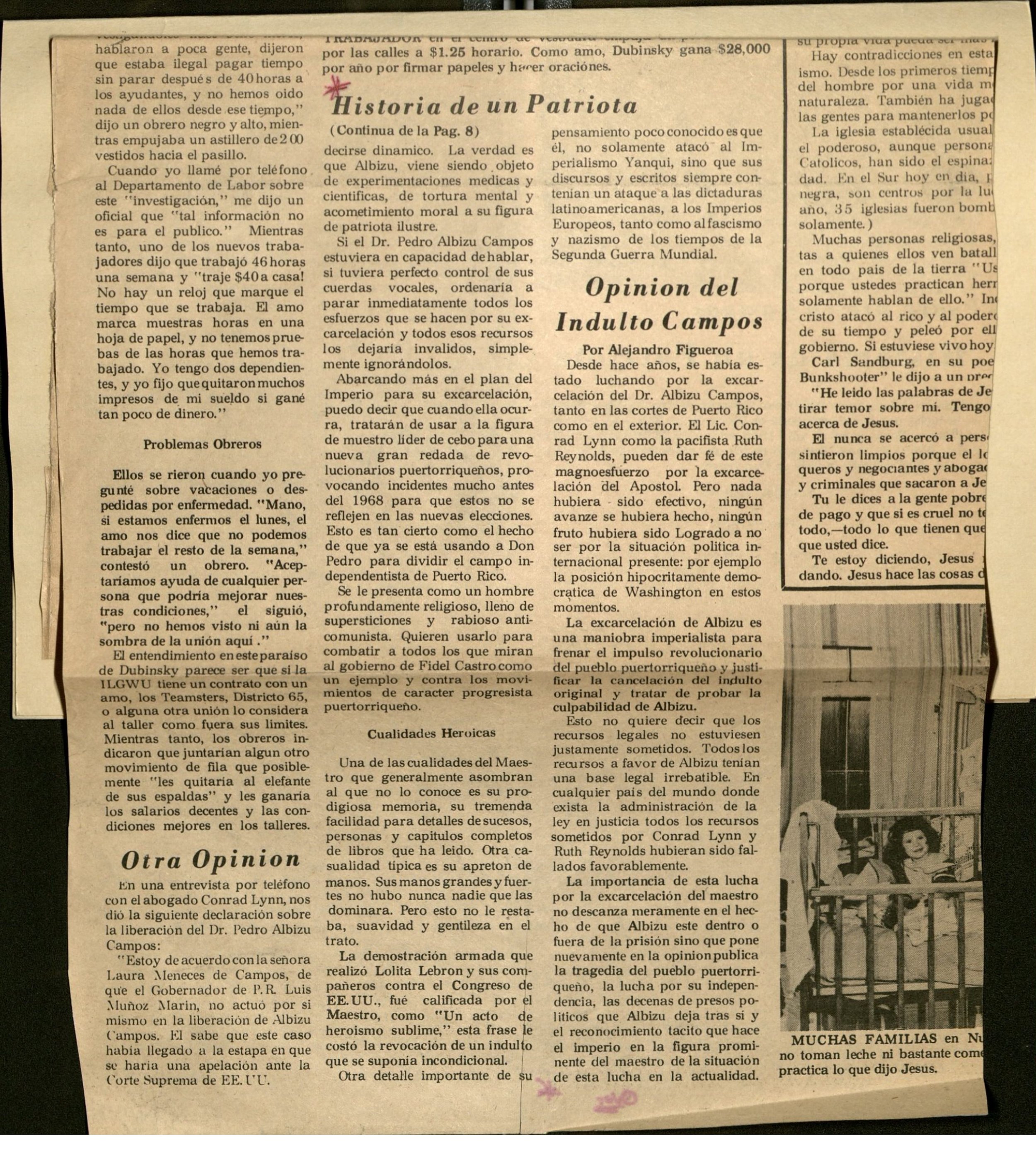
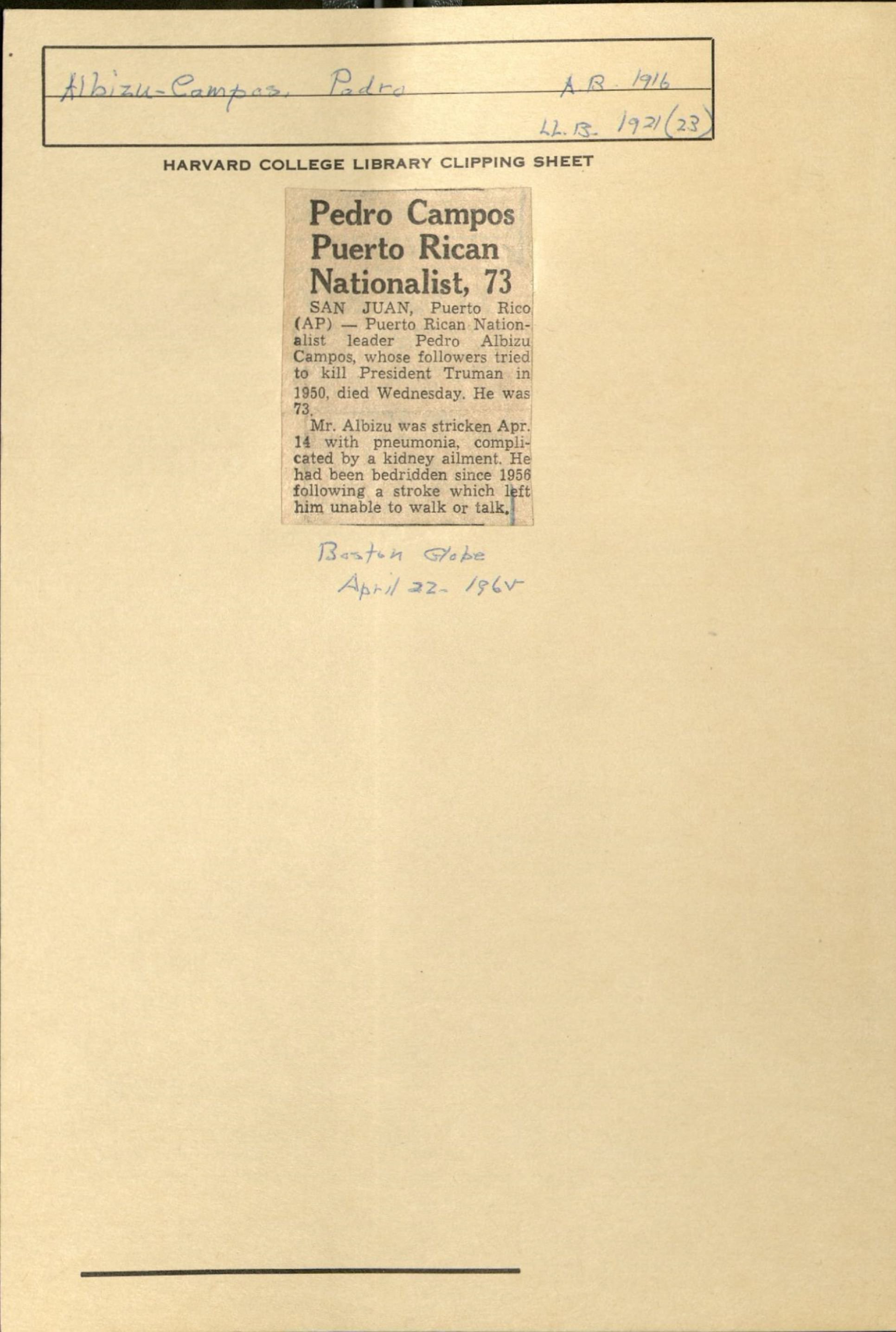
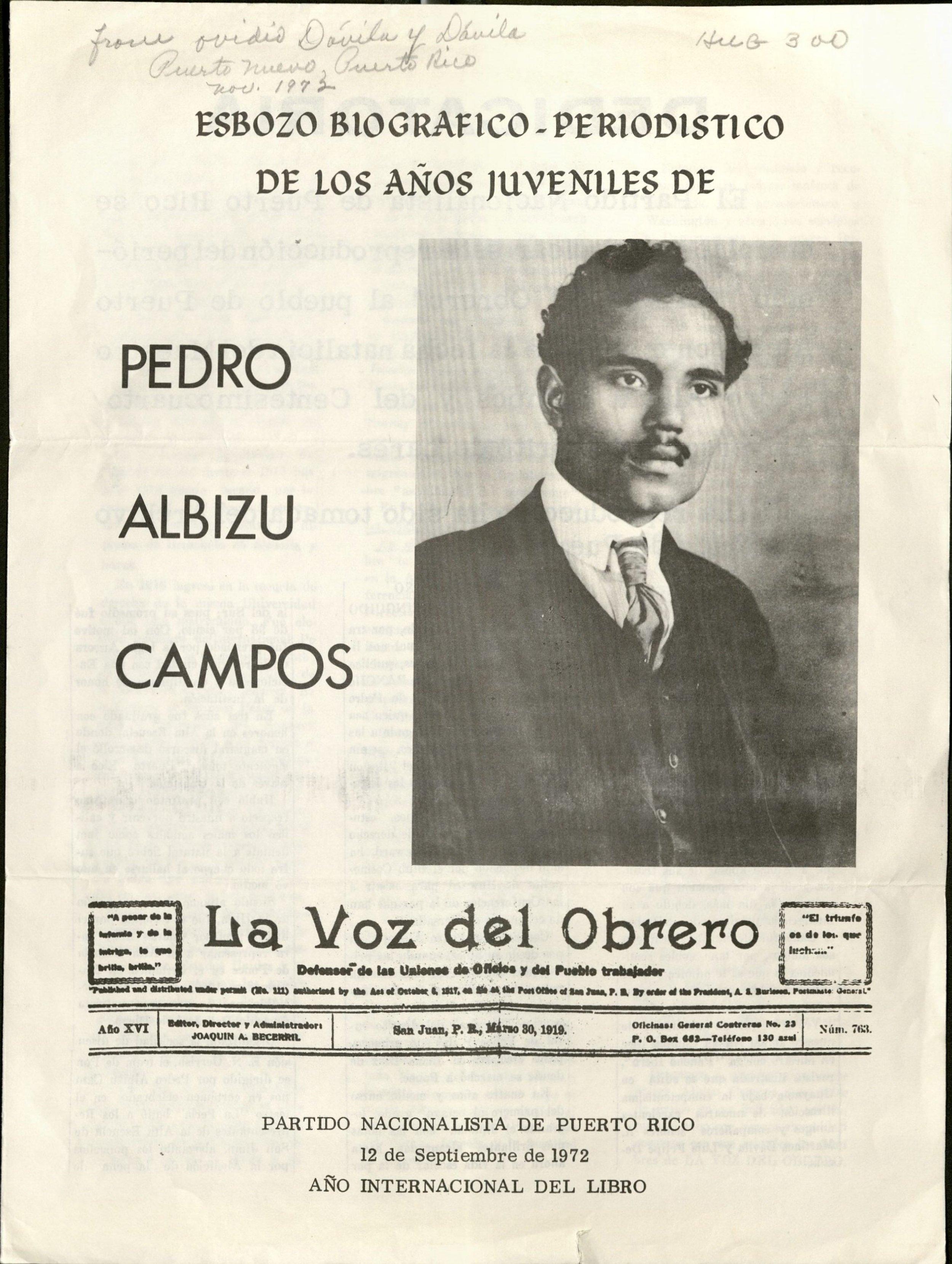
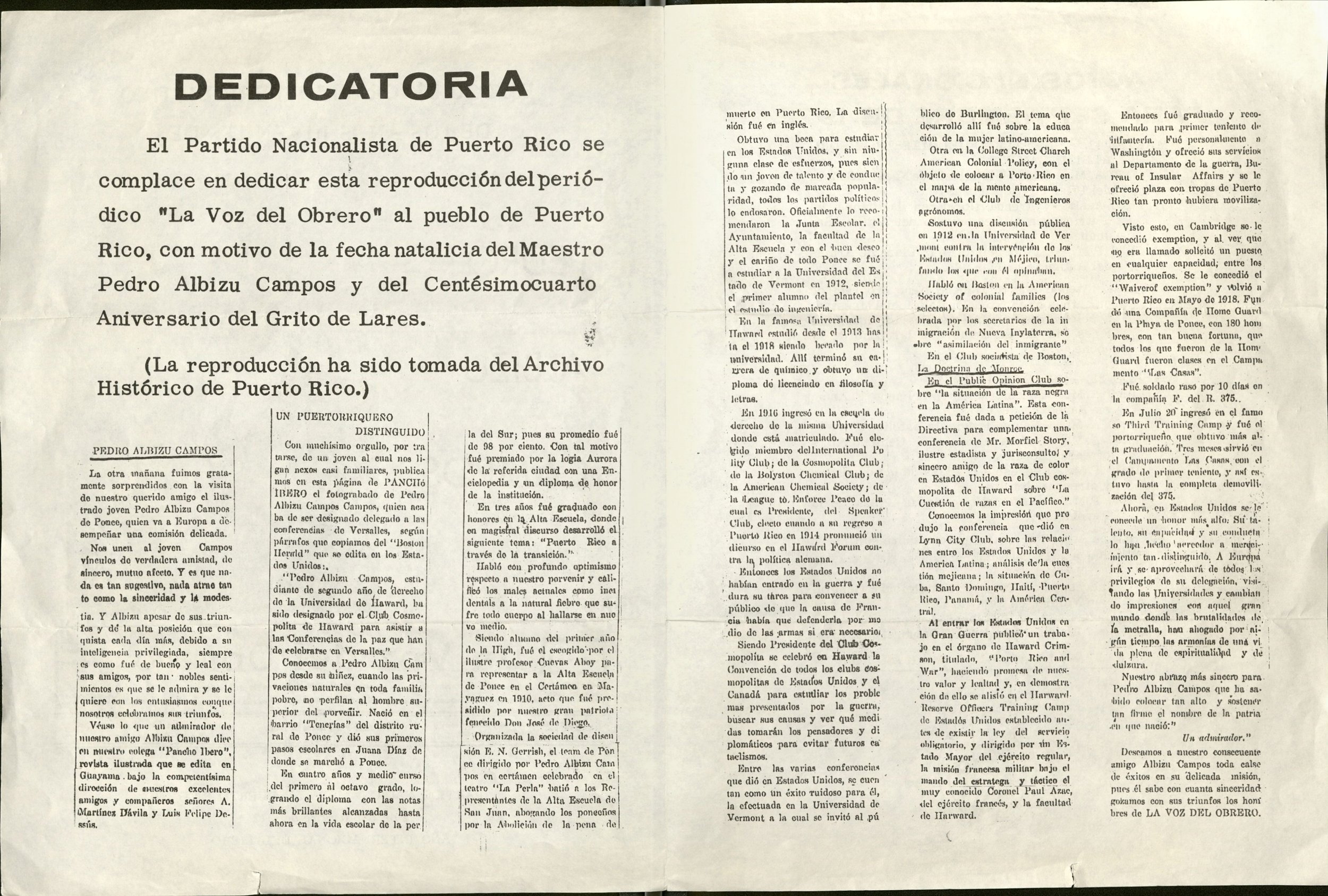
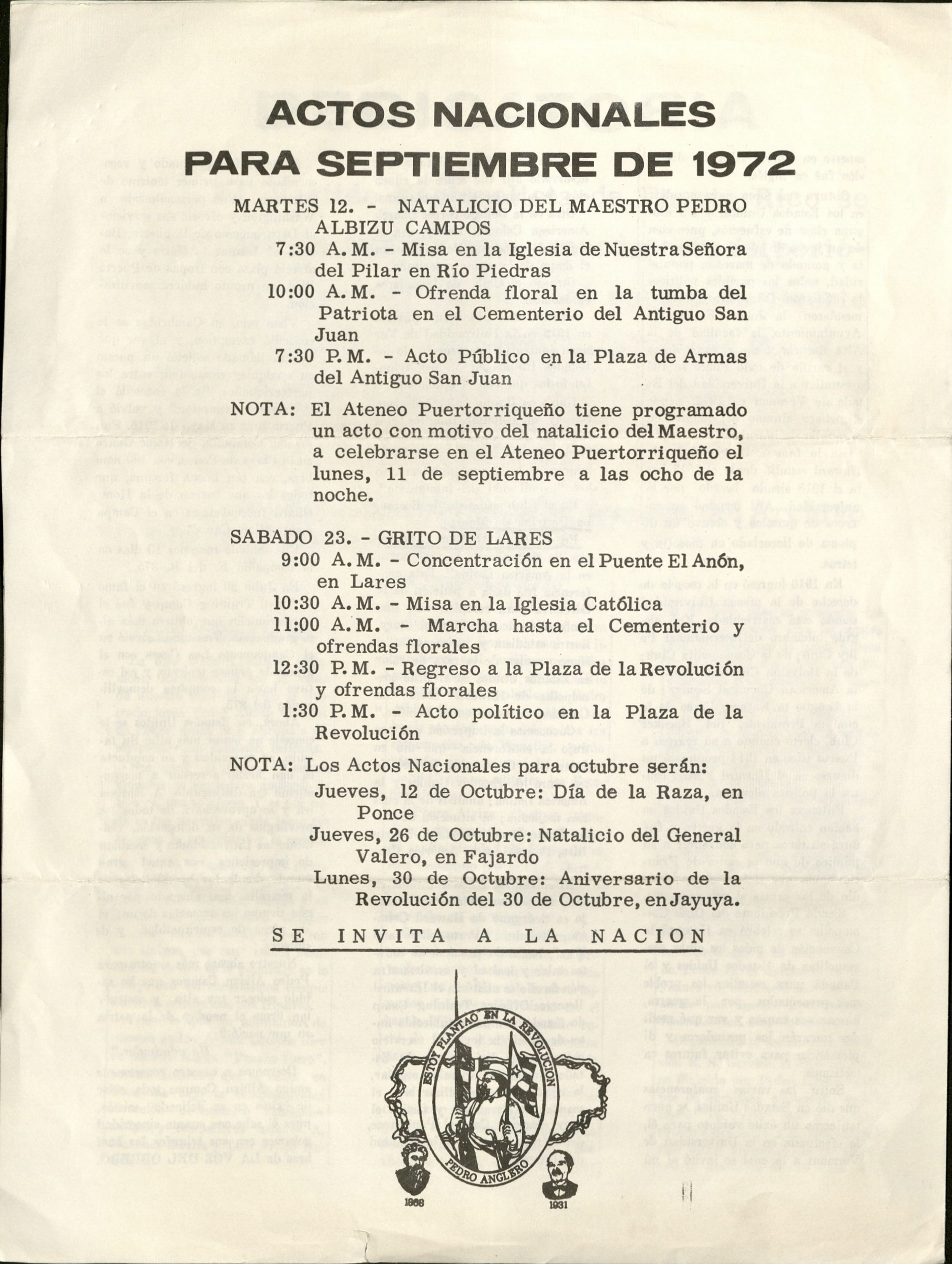
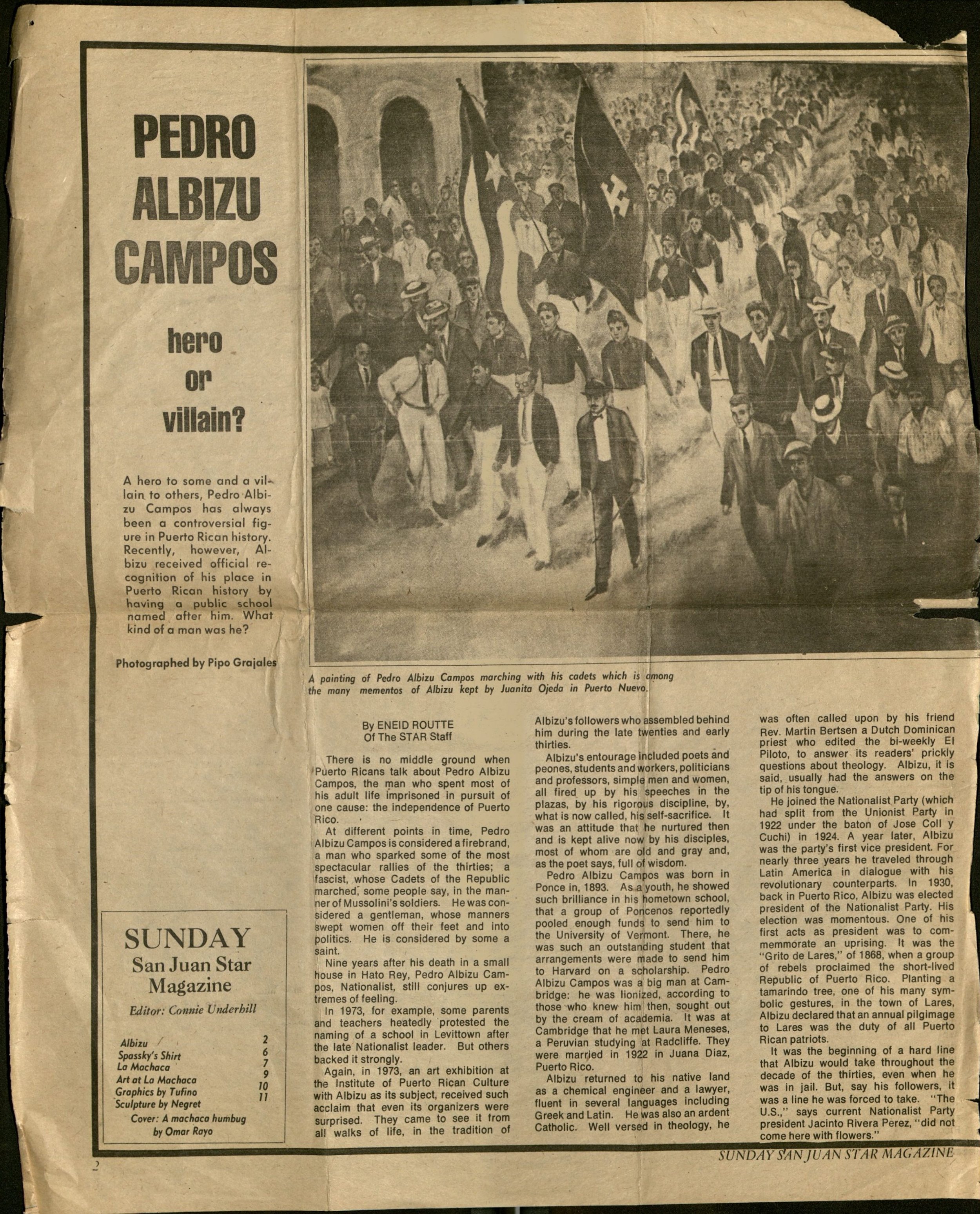
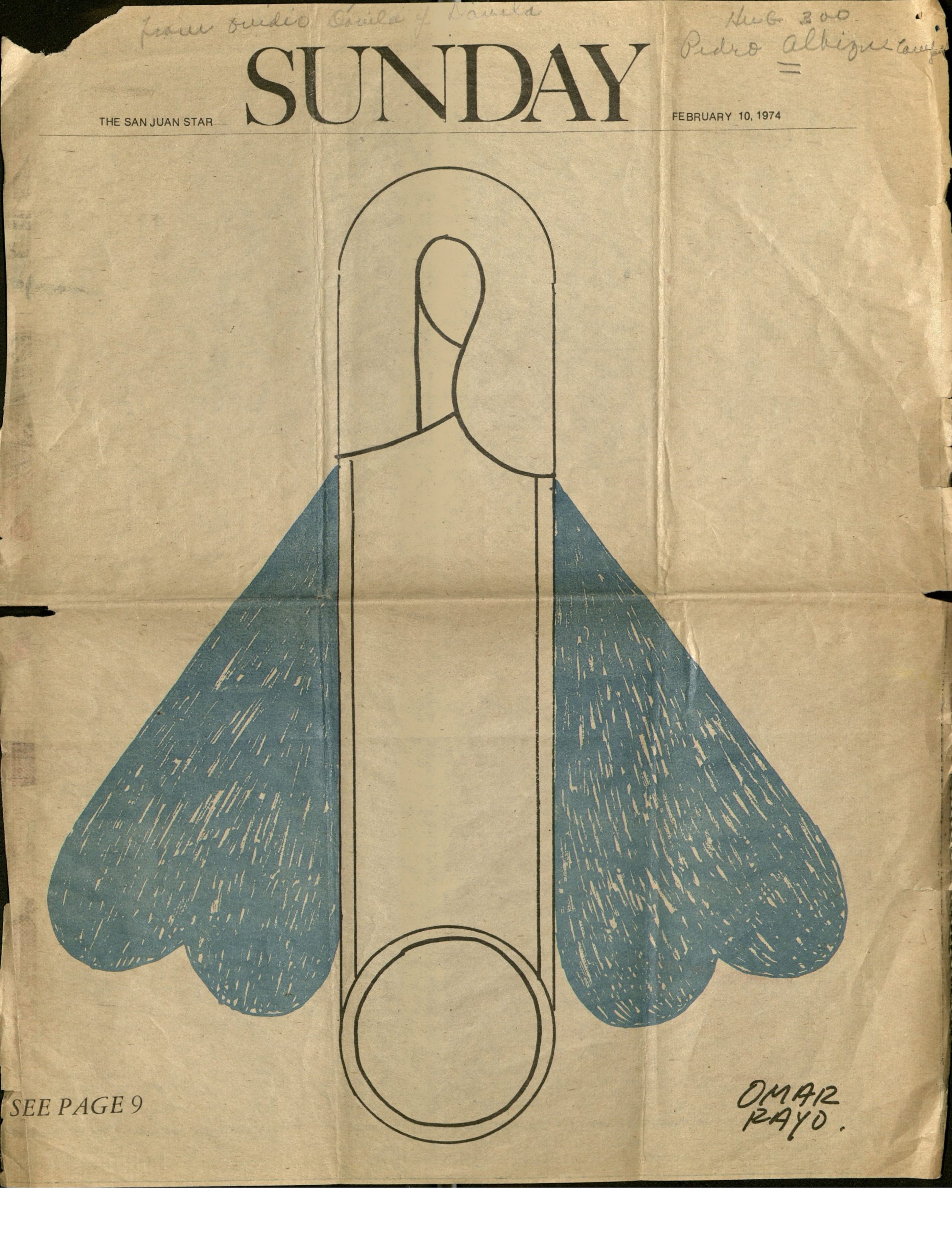
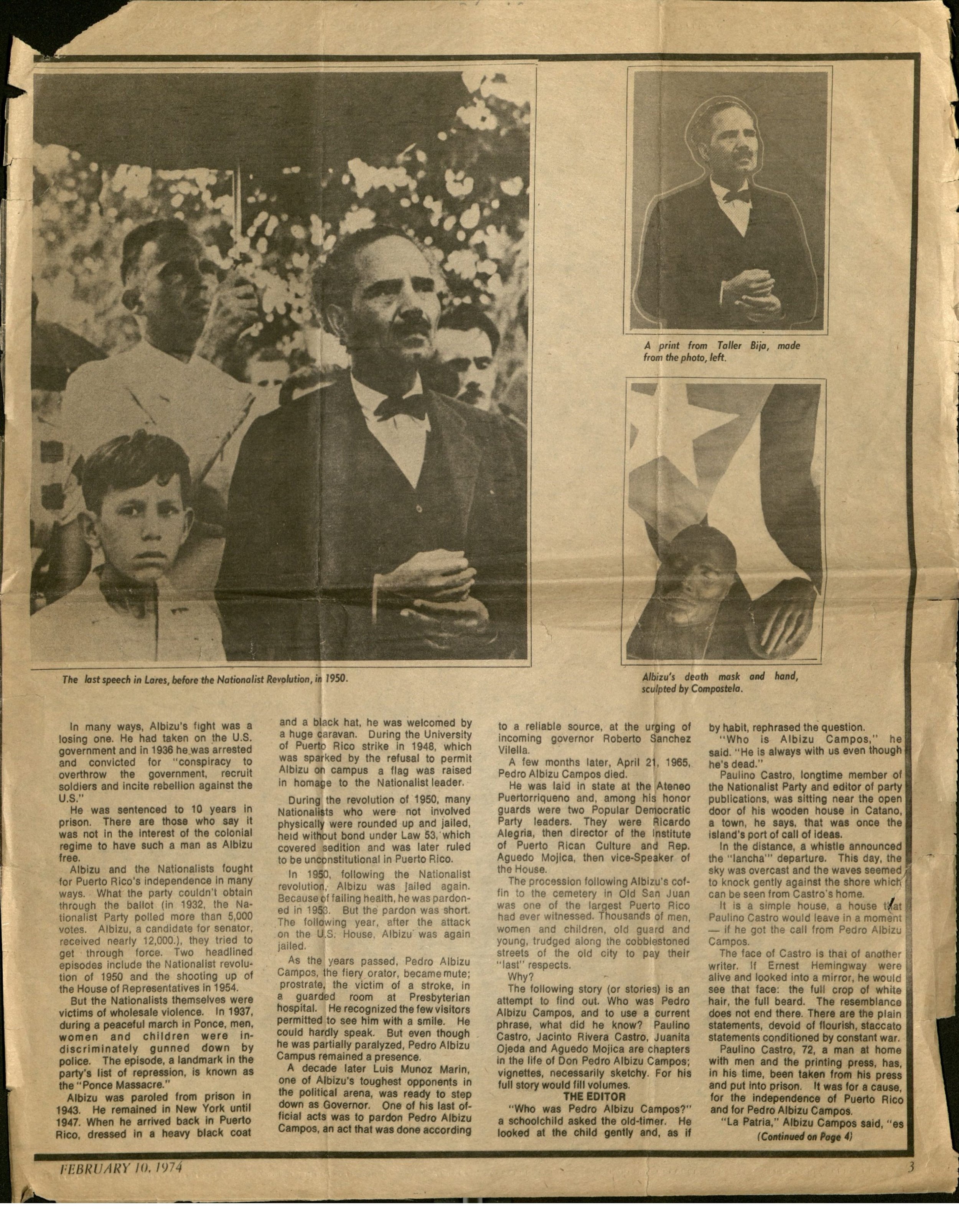
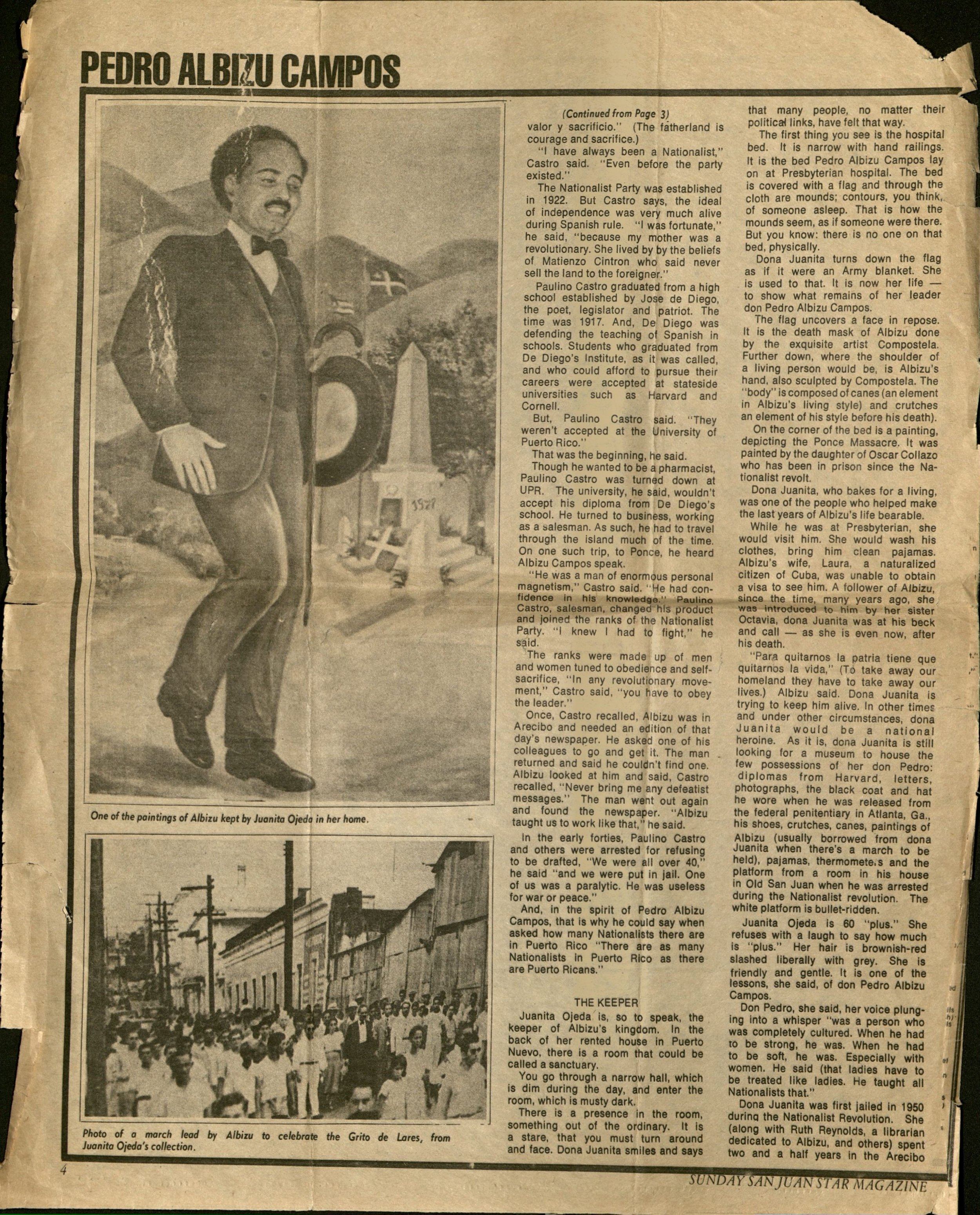
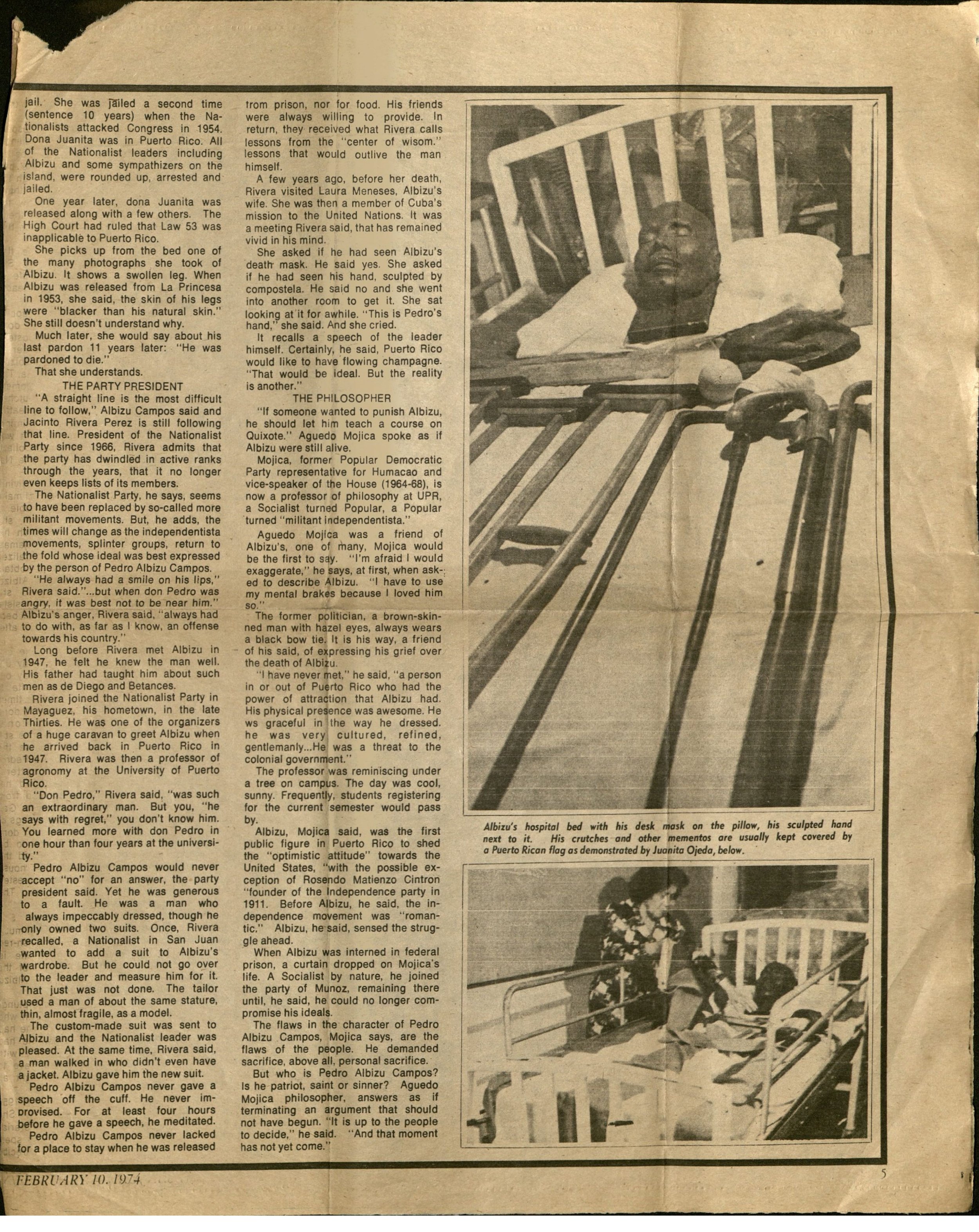
Harvard University Alumnus
The 30s, 40s, and 50s in Puerto Rico were turbulent time periods as the U.S. stripped Puerto Rico of its civil rights, culture, language, governance, and relations and commerce with other countries. This included the involuntary sterilization of Puerto Rican women, the militarization of the island, and using parts of the Puerto Rico archipelago for bombing practices. The peaceful Palm Sunday, which resulted in murders caused by the military police, known as the “Ponce Massacre,” was reminiscent of Ireland’s “Bloody Sunday.” During this time period, Dr. Cornelius P. Rhoads, a Harvard Medical School graduate, wrote in a letter that he was conducting cancer research and experimenting by injecting Puerto Ricans with cancer cells.
Of his legal brilliance, Federal Judge Gustavo A. Gelpí, United States Court of Appeals for the First Circuit, appointed by President Bush, said about Albizu, “
“It should be noted that I have been a judge in the Federal District Court for seventeen years, and before that, I litigated at the same court and the Court of Appeals in Boston for a decade. In all these years, I confess, there are few writings that I have read of the caliber like the one of Albizu Campos in the case of Velázquez. Not only is his legal analysis exceptional, but his command of the English language impresses..."
When Pedro Albizu Campos graduated with his Harvard Law Degree in 1923, he maintained scant interactions and communications with his Harvard Class of 1916 and Harvard Law School classmates. When he returned to Puerto Rico to practice law, he represented the poor and agricultural workers, eventually being asked to lead a wage strike by agricultural workers on the island. This was not welcomed by the U.S. government, Wall Street, and U.S. economic interests on the island.
Known as the “conscious of Puerto Rico,” Pedro Albizu Campos’ history and legend continue to live and grow in Puerto Rico and the U.S. He has become a symbol of colonial resistance. There are many parks, statutes, street names, and schools named after Albizu both in the U.S. and Puerto Rico. Elected officials who are ideologically opposed to Albizu acknowledge his historical importance and have approved the development of public spaces honoring Albizu.

All archival documents are used courtesy of Harvard University Archives (HUA). All document images are provided courtesy of Dr. Daniel Ibarrondo Cruz.














































